|
On the two-year anniversary of Pope Francis’s penitential pilgrimage to Canada, the Canadian Conference of Catholic Bishops (CCCB) has provided an update on the steps that the Catholic Church in Canada has taken to respond to the Holy Father’s calls for a future of justice, healing, and reconciliation. It encourages Catholics across the country to continue to listen to and support residential school survivors and Indigenous communities on this journey. Read their message below: Letter to the People of God Wednesday, July 24 2024 Two years ago this month, Pope Francis stood before an assembly of Indigenous Elders and former residential school students in Maskwacis, Alberta. He offered a profound and heartfelt apology to the Indigenous Peoples, and sought God’s forgiveness, for the suffering endured in Canada’s residentials schools. On this anniversary, we find ourselves reflecting on the profound sorrow Pope Francis expressed for the devastating effects of the residential school system on Indigenous communities, and on the journey of reconciliation and healing we have embarked upon together. Two years later, the Pope’s words still compel us to recognize this painful legacy and walk alongside the Indigenous Peoples in a spirit of repentance, solidarity, and hope.
Financial Support for Indigenous PrioritiesReconciliation calls for a deep understanding and respect for Indigenous culture, identity, and priorities. In 2021, the Bishops of Canada pledged to raise $30 million for projects that support healing and reconciliation. These initiatives are identified and selected by Indigenous Peoples at the local level and overseen by the Indigenous Reconciliation Fund (IRF). We are pleased to announce that the Fund has already raised over $15 million, and is therefore ahead of its five-year timeline.
Transparent Access to RecordsPope Francis emphasized the significance of uncovering and recognizing truths about the historical injustices faced by residential school survivors and their families. Truth must come before reconciliation and all dioceses are strongly encouraged to make their relevant records available to Indigenous researchers and communities, in order to help them find the truth they seek. To support this work, we have established Guidelines for documentation and access to relevant records, including mission, sacramental and burial records, to help Indigenous Peoples identify the facts pertaining to their loved ones. This work is supplementary to that of other Catholic entities that administered or operated residential schools established by the Government of Canada and who have made relevant documents available to the National Centre for Truth and Reconciliation. This painstaking work will take time, and, with you, we are committed to the journey of truth. It is incumbent upon us to assist survivors and their communities in finding healing from traumas they suffered. We join the Holy Father in his prayer “that Christians and civil society in this land may grow in the ability to accept and respect the identity and the experience of the Indigenous Peoples.”[1] Continuing the Dialogue with First Nations, Inuit, and Métis peoples We are deeply grateful for the relationships we have established with First Nations, Métis, and Inuit Peoples. We want to continue to walk side by side in solidarity. Since each Indigenous community brings unique gifts and challenges, local dioceses and parishes play a fundamental and leading role in fulfilling this commitment. Above all, this means walking together by a humble and open listening to the wisdom and counsel of Indigenous Elders and Knowledge Keepers. As Bishops, we have established structures within the CCCB to support dialogues and foster greater understanding of Indigenous cultural, linguistic, and spiritual traditions and values. We also wish to develop academic collaborations to understand the concepts commonly associated with the “Doctrine of Discovery”, as well as to engage with the Canadian government on shared concerns, such as the Indigenous belongings currently held at the Vatican museums. Embracing the Path of Unity and HopeAs we continue this journey of truth and reconciliation, we also acknowledge the many difficult conversations taking place around the country regarding our painful legacy. For example, we know that some have called for more rigorous investigations into reports of unmarked burial sites, which we had to confront as a nation three short years ago. Let us keep in mind that this deep desire for truth and transparency resides first with Indigenous communities and residential school survivors. Decisions to study this history are best made locally by Indigenous leaders, who have the most direct understanding of the needs of their respective communities. Many resources can be made available to explore and understand residential school history, such as archival and archaeological research. We encourage dioceses and all Catholics to support their local Indigenous communities in this sensitive work. We invite all parties to move forward in mutual transparency, respect, humility, compassion, patience, and trust. Our aim must be to help Indigenous Peoples seek and know the facts pertaining to their loved ones and community ancestors. By working together in these and many other ways, we are all prepared to advance more effectively along the path of reconciliation. When Pope Francis visited our country, he called the Church in Canada to firm action and an irreversible commitment to the new path we are forging with the Indigenous Peoples of this land. The way of reconciliation and hope is one that must be walked together. That is why we shall continue to listen to and support survivors and Indigenous communities during this journey. We are grateful to all who accompany us on this path of healing and reconciliation. Photo credit: Papal Visit 2022
0 Comments
Daniel Tang confesses, “I have never left the continent before, nor have I ever camped outside; I have not flown across the ocean, and I am usually uncomfortable in large crowds.” Yet in this monumental leap, Tang is prepared to step beyond his comfort zone. He is one of the 40 pilgrims from St. Francis Xavier Chaplaincy (SFXC) leaving for Lisbon, Portugal for World Youth Day (WYD) 2023, accompanied by Fr. Cristino Bouvette and Fr. Santiago Torres. He further shares, “This theme that Mary arose and went with haste (Luke 1:39) reminds me to trust in God's providence on every step of the way - to have no fear of the unknown, and to have peace and know that He will provide.”
A special visit to Our Lady of Fatima While many are keen to explore Portuguese culture, encompassing its food, architecture, music, and history, a significant part of the excitement surrounds visiting the Fatima apparition site and understanding the miracles of Our Lady of Fatima during World Youth Day 2023. Group leader Catarina Avila, a native Portuguese, is especially excited to share her culture with fellow pilgrims. “As a Portuguese citizen who grew up in a faithful Portuguese family and vibrant Portuguese culture, I am thrilled that I am able to share my culture with my fellow pilgrims going to World Youth Day!” she exclaims. She adds, “Above all, I am honoured to be able to have the opportunity to delve more deeply into the message of Fatima with the pilgrims.” Her anticipation for visiting the Fatima site resonates with many, including Kathleen Brul who says, “I've never visited a Marian apparition site before, and Our Lady of Fatima holds such a vital place in Portuguese history.” Kathleen also reveals that a pivotal moment occurred during a Mass at the Commonwealth Stadium in Edmonton last year, when she was navigating a difficult period in her life. This experience ignited her journey of faith. “Pope Francis' papal visit set my heart on fire for Jesus … I finally felt free from all the things that had kept me away from true joy and fulfilment,” she says. “I decided to go to World Youth Day to celebrate the joy and peace God has blessed me with throughout this past year…” Mary Arose and went with haste (Luke 1:39) The theme for World Youth Day 2023, "Mary arose and went with haste," has sparked various interpretations among participants. Some view it as a motivational call to disseminate the Gospel promptly, while others perceive it as an encouragement to trust in God's divine plan. This theme truly encompasses Mary's faith and obedience, inspiring participants to leave their comfort zones and welcome the unknown with joy. Cameron Bluekens reflects on this, saying, “Mary didn't delay in spreading the Gospel. It was the presence of God in her that moved her to share the Good News with zeal and generosity - I would like to be blessed with the same virtues.” For pilgrim Jonathan Dobek, the theme for WYD 2023 speaks into a specific action. He says, “After WYD, with Mary’s help, I will get up and in haste go to seminary to discern and learn what God has in store for me.” Jonathan has been accepted by Bishop McGrattan to enter St. Joseph Seminary in Edmonton as a seminarian for our Diocese, beginning the last week of August. Our young adults have also shared a variety of hopes for their attendance at World Youth Day. Some express a desire to strengthen their faith, charity, and zeal, while others aim to better incorporate their faith into daily life. Elizabeth Spiess and Mark Oswald look forward to forging new friendships during the World Youth Day 2023 pilgrimage. "I also hope to deepen my connections with old friends," adds Mark. Simultaneously, Elizabeth envisions contributing to the growth of youth ministry in her parish. Andrew Min concluded his thoughts by sharing that he aims to inspire other young adults with his experiences from this spiritual journey. He hopes that his stories might encourage them to consider embarking on this pilgrimage themselves in the future. Despite their individual aspirations, there is a shared openness to the spiritual journey that this pilgrimage may offer. Daniel Tang wraps it up by saying, “I truly believe that witnessing the Living Universal Body of Christ would bear much fruit to be shared back in our respective Dioceses.” CCCB press release: More than 5,000 Canadian Youth are making their way to Lisbon, Portugal to be with Pope Francis, from 1 to 6 August 2023. The Holy Father will join more than one million young people for World Youth Day (WYD). The first international World Youth Day was held in 1986, and the event was hosted by Canada in 2002, with Pope Saint John Paul II making the pilgrimage to Toronto. Read more Pope Francis begins this Pope Video saying, “If you are the same at the end of Mass as you were at the beginning, something is wrong.” In his new prayer intention, which he entrusts to the entire Catholic Church, the Holy Father invites us to place the Eucharist at the centre of our lives. He invites us to see this celebration not as an obligatory ritual, but rather as an encounter with the Risen Jesus, for “the Eucharist is the presence of Jesus,” which is “profoundly transforming.” Along this line, Pope Francis insists in this video that “it is Christ who offers Himself, who gives himself for us,” which leads to “our lives being nourished by Him to nourish the lives of our brothers and sisters.” Returning love This is what we see happening to the three protagonists in this month’s video – three members of the faithful who, at the end of Mass, bring the Eucharist to their brothers and sisters in need, outside of the Church, returning that love and the gift of self they themselves received in the Sacrament. The scenes from everyday life are set in the U.S. city of Detroit. In fact, the Pope Video for the month of July was produced thanks to the help of the Archdiocese of Detroit. This collaboration is not accidental, as Archbishop Allen H. Vigneron explains. “We are deeply grateful for this opportunity to support our Holy Father and the Pope Video initiative. In particular, we feel honoured to produce this video on the Eucharist. The timing is providential since our archdiocese, and all of the dioceses, in the United States are engaged in a Eucharistic Revival to restore an awareness and devotion to Jesus Christ in the Blessed Sacrament. We pray that this video will serve as a convincing invitation to all of us in the universal Church to encounter Jesus and thank Him for the precious gift of Himself in the Eucharist.” Going out of ourselves, opening ourselves to others In this Pope Video, Pope Francis explains “the logic of the Eucharist,” which “gives us the courage to encounter others, to go out of ourselves, and to open ourselves to others with love.” He had already indicated this in an Angelus from June 2021 when he pointed out that Jesus, “at the end of his life, does not distribute an abundance of bread to feed the multitudes, but breaks himself apart at the Passover supper with the disciples.” In some way, Pope Francis continued, Jesus showed us “that the aim of life lies in self-giving, that the greatest thing is to serve.” This is why the Pope encourages us to encounter Jesus in the Eucharist, because that is where we receive the capacity to love others and to allow ourselves to be transformed by Him. The Eucharist at the centre Father Frédéric Fornos S.J., International Director of the Pope’s Worldwide Prayer Network, commented on this intention: “Once more, Pope Francis reminds us where to focus, and what is truly important in our lives. The Eucharist is an encounter with the Risen Jesus, he tells us. Jesus Christ wants to transform us, to give us his capacity to love, so we can place ourselves at the service of His mission. How many times do we reduce the Mass to a ritual, the priest’s homily, or to receiving communion? Instead, it is a personal and communal encounter with the Risen Lord to which the Eucharistic Youth Movement (EYM), the youth branch of the Pope’s Worldwide Prayer Network, invites us. When we allow ourselves to be transformed by Jesus Christ in the Eucharist, we assimilate His way of living and we will want to share in His mission of compassion for the world. Let us accompany the Holy Father this month with this prayer intention so we might draw closer to this transformative experience.” 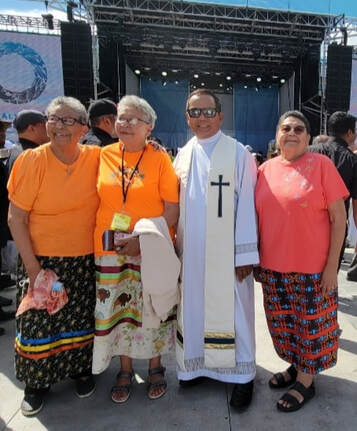 Annie Wesley (second from left) at the Papal Mass Annie Wesley (second from left) at the Papal Mass Pope Francis. Your Holiness, I am an eighty-three-year-old woman, born and raised Roman Catholic Christian from the Swampy Cree Nation. I want to thank you for being with us in our homeland of Canada, to share our pain and our sorrow during this time of finding unmarked graves and reliving the era of the residential school system. You have taken responsibility and humbled yourself by professing shame for the Catholic Church’s treatment of the First Nations in our land. How moving it was to hear you say, “I am deeply sorry. I humbly beg for your forgiveness for the evil committed by many Christians.” There is no other gesture, no other humbler words, nor more sacred than these words, “I am deeply sorry”. Forgiveness is the way to freedom and peace as Jesus, our Lord and Saviour taught us in the “Our Father”, a prayer which says, “...Forgive us our trespasses as we forgive those who trespass against us...” Luke 11:1 Thank you for your powerful words and example of humility and compassion. Dear Pope Francis, you have graced us with your presence. I want to give tribute to the priests and sisters of the past and present who have remained true to their vocation to teach about God’s love for us. We remain grateful for their prayers in sustaining us through the good and difficult times. Their names and deeds remain within our hearts. Many people recall and remember favourite nuns and priests. Stories and memories of them bring loneliness and joy. Many faithful religious have died on our land evangelizing and teaching the Bible. We are blessed to have our own patron saint, St. Kateri Tekakwitha. We have quiet saints around us - grandparents, parents, our wise and faith-filled elders, our relentless leaders who speak and work for our people in Truth and Reconciliation. God bless their enormous work. This historic visit was made possible by their dedication and persistence in seeking the Truth and Reconciliation. Thank you to the Bishops and Priests who organized the liturgical part of the celebration. Thank you for all who supported the Indigenous endeavour in hosting this sacred event. This is the beginning of a new chapter in our story. “I am the way, the truth and the life.” John 14:6. This is also a renewed and continued relationship with the Catholic Church. The crowning of you with the headdress was a significant sign of acceptance of our cultural beliefs and a better understanding of inculturation of our Catholic and native traditions. Your powerful penitential pilgrim speech will remain in my heart, and in all our hearts, in the spirit of mercy, compassion and love. Each person, guided by the Holy Spirit, will find a way to heal. On this first step of my journey, I have wanted to make space for memory. Here, today, I am with you to recall the past, to grieve with you, to bow our heads together in silence and to pray before the graves. Let us allow these moments of silence to help us interiorize our pain. Silence. And prayer. In the face of evil, we pray to the Lord of goodness; in the face of death, we pray to the God of life. Our Lord Jesus Christ took a grave, which seemed the burial place of every hope and dream, leaving behind only sorrow, pain and resignation, and made it a place of rebirth and resurrection, the beginning of a history of new life and universal reconciliation. Our own efforts are not enough to achieve healing and reconciliation: we need God’s grace. We need the quiet and powerful wisdom of the Spirit, the tender love of the Comforter. May he bring to fulfilment the deepest expectations of our hearts. May he guide our steps and enable us to advance together on our journey." With sincere gratitude, Annie Wesley Calgary, Alberta.
I remember the day a girl about my height with jet black hair bounded up my driveway asking to play. I was about five years old and shy. Lori was a high energy, outgoing six-year-old and we quickly became friends. For the next three years we had adventures, playing hide and seek and other childhood pastimes, sometimes getting into mischief together. In upper elementary, I remember finding out that the reason Lori acted differently is because she had fetal alcohol syndrome. But as young children that difference never factored in, in fact, in my eyes she was exciting and fun to be around. Knowing Lori was a gift I received early in my life. I’ve carried the memories we made together with me ever since. And I carried her in my heart as I made the pilgrimage from my home in Calgary to Edmonton for the Papal Mass on July 26, 2022. I prayed for Lori, one of my first best friends, an Indigenous girl who was innocently sentenced to a life clouded by the effects of a preventable syndrome. Lori was adopted and while she never attended residential school, it’s likely someone from her family tree had spent time at one of these schools. To me, her situation is an example from my own lived experience of the repercussions of residential schools felt through the generations. When we arrived at Commonwealth Stadium, the first thing we did was take a family photo to remember our family pilgrimage as we will continue to unpack its significance in the years to come. Next we found our seats, and while waiting for the Papal Mass to begin I noticed four middle-aged women sitting behind me wearing Every Child Matters orange and black t-shirts. Among them was Kelly Spooner who was not herself Indigenous, but came to honour the memory of her uncle (through marriage) who died in 2019 and attended residential school for six years. “I came for strength and to renew my spirit. It’s a part of history today,” said Kelly Spooner. Not long after, the Pope rode around the stadium greeting the crowd. Kelly ran down to the front gate to get a closer look. After he passed by she came back in tears, saying “I’m so happy he’s here.” 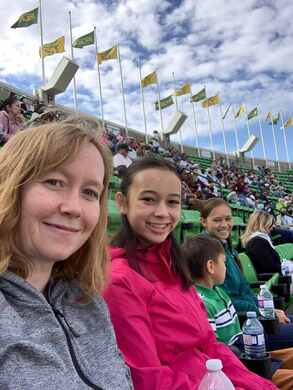 Amber Franco of Calgary with her family Amber Franco of Calgary with her family As the pre-Mass program was wrapping up, emcee Janelle Reinhardt asked the crowd to keep a prayerful silence. “The stadium truly became silent, it was powerful and profound, you could only hear the humming of the buildings. It was impressive in a crowd so large,” said Amber Franco, reflecting on this poignant moment. She drove from Calgary to Edmonton with her husband Mike and seven children. Calgary Bishop William McGrattan also took note of the prayerful atmosphere as he looked up into the crowd from ground level. “When we entered in the procession for Mass and I saw the number of people on the field and in the stands you had this sense of the presence of Christ in those who had gathered to be with the Holy Father,” said Bishop McGrattan. The Papal Mass was celebrated on the feast of St. Joachim and St. Anne – the grandparents of Jesus. Pope Francis used this opportunity to speak about the importance of grandparents and family cohesion during his homily. “This message was simple, but one that everyone could receive and appreciate,” said Bishop McGrattan. “The message of a pastor who himself was advanced in age and not afraid to show the signs of declining mobility, and the need for assistance, which is experienced in every family.” Like any good pilgrimage, there are challenging moments and as we sat in the bleachers listening to Pope Francis our children began to get a bit restless in the blistering heat. I turned my own discomfort into a small offering toward reconciliation, all the while my heart growing in gratitude for the heroic effort of our 85-year-old pontiff. I thought this was a generous gesture toward reconciliation simply by showing up and “taking the heat” with us in every sense of the phrase. But I was also humbled by the elders some 80 years and up who had made the pilgrimage from various parts of the country also suffering their own discomforts in an attempt to heal and move forward. My own father Deacon Richard Loftson accompanied a group of Indigenous pilgrims from Manitoba on behalf of the Archdiocese of St. Boniface. He ministers to the St. Kateri Tekakwitha Indigenous Parish in Winnipeg. “They were thankful for the apology. They were emotional, in tears many of them. They had been waiting for so long,” said Deacon Loftson. Bishop McGrattan also sought feedback as he encountered people affected by residential schools. “In talking to some survivors at the various events, it was difficult for some to hear and relive these memories. For others, there was a sense of recognition that they were listened to by Pope Francis and that his words and actions were genuine in their eyes,” said Bishop McGrattan. Like many things, the future lies with the children in hopes they will learn from history and build a more just and merciful society where no child will ever again suffer the consequences of being forced to leave their family and lose their culture and heritage.  Konrad & Alissa Paley with their daughters Konrad & Alissa Paley with their daughters This is why our friends Alissa and Konrad Paley of Calgary also made the pilgrimage with their three young daughters (six years and under) to the Papal Mass with the same intention as our family: to build a culture of goodwill and reconciliation in their home. “Participating in this particular Papal Mass was really important as a Catholic and a Canadian,” said Alissa Paley. “The Church is made up of the people, we are the people of the Church. In order for the Church to work towards reconciliation we must show up.” “I was honoured to bring my daughters with me. I know that they currently don’t understand the gravity of this event, but I hope as they grow up they may continue to pray for the journey toward reconciliation in this country.” My thoughts have turned toward the child during this pilgrimage. Just like my friend Lori who did nothing to deserve the circumstances she inherited as a child, neither did I deserve the family and opportunities I have been afforded. Everything is a gift. In gratitude, I left Edmonton pondering how I can use the time I have left to seek holiness by laying down my life for my friends. == More photos from our Diocesan families during the Papal Mass (click "all comments")
Canada’s Catholic Bishops welcome today’s announcement from the Holy See providing further details of the itinerary of Pope Francis’ historic visit to Canada, July 24 – 29, 2022. This will be the fourth papal visit to Canada and the first since Saint John Paul II’s journey in 2002. The Holy Father’s pilgrimage will focus on Indigenous healing and reconciliation while also providing the shepherd of the world’s 1.2 billion Catholics an opportunity to encounter the faithful in Canada. Due to his advanced age and limitations, it is expected that participation by Pope Francis at public events will be limited to approximately one hour. General Co-ordinator of the Papal Visit to Canada, Archbishop Richard Smith, remarked on the release of the program: “We know that the Holy Father was deeply moved by his encounter with Indigenous Peoples in Rome earlier this year, and that he hopes to build on the important dialogue that took place. We pray this pilgrimage will serve as another meaningful step in the long journey of healing, reconciliation and hope.” The visit, drawing on the theme of “Walking Together”, will include a combination of public and private events, with an emphasis on Indigenous participation throughout the visit. Ticketing (free) for public events will be announced in the coming days. A volunteer portal can be accessed at papalvisit.ca or visitepapale.ca for those wishing to share their time and talents as part of the historic visit. The papal visit planning team will work closely with Indigenous partners as well as federal, provincial and municipal levels of government to dialogue and co-ordinate the significant logistical challenges associated with a visit of this scope and magnitude. Canadian Conference of Catholic Bishops President, Bishop Raymond Poisson, commented on the efforts: “So many people are working diligently to organize this very busy schedule for the Holy Father and participants. We pray for the health of Pope Francis and also that his pastoral visit to Canada will bring reconciliation and hope to all those who will accompany our shepherd on this historic journey.” Those interested in learning more about the Papal Visit to Canada can find the latest updates at: papalvisit.ca (English) and visitepapale.ca (French). Highlights of the program announced by the Vatican include: July 24, 2022 The Holy Father will arrive in Edmonton, Alberta on July 24th. Following a brief airport ceremony, the 85-year-old pontiff will take the remainder of the day to rest. July 25, 2022 On July 25th, Pope Francis will visit Maskwacis, home to the former Ermineskin Residential School, one of the largest residential school sites in Canada. The Holy Father will join former residential school students from across the country as part of a formal program. Alberta is home to the largest number of former residential schools in Canada. Later in the day, the pontiff will visit Sacred Heart Church of the First Peoples, a National Indigenous church in downtown Edmonton. Following extensive restoration after a devastating fire in 2020, the parish will re-open its doors after using a nearby school the last several years to offer hospitality, spiritual care and supportive outreach programs serving a diverse urban Indigenous community. This will be an invitation-only event. July 26, 2022 July 26th is the feast of St. Anne, grandmother of Jesus, a day of particular reverence for Indigenous Catholics and often the focus of pilgrimage in various parts of the country. In an event that will be open to the public, the Holy Father will celebrate an open-air Mass at Commonwealth Stadium in Edmonton. The facility can accommodate up to 65,000 attendees for a program that will incorporate Indigenous traditions as part of the gathering. In the early evening, the Holy Father will travel to Lac Ste. Anne, the site of an annual pilgrimage that welcomes tens of thousands of Indigenous participants from throughout Canada and the United States each year. Programming will be offered throughout the day leading up to the Holy Father’s participation in a prayer service. July 27, 2022 The Holy Father will depart Edmonton for Quebec City. Upon arrival, the Pontiff will visit La Citadelle, where he will take part in private meetings. Pope Francis, as both a spiritual leader and head of state, will also offer a public address. For events in Quebec City, the public is also invited to participate at a dedicated area on the Plains of Abraham, where there will be opportunities on July 27 and 28 for Indigenous cultural expression as well as the chance to view papal events on large screens. The detailed program of activities on the Plains is being developed with Indigenous and community partners. July 28, 2022 Pope Francis will travel to Sainte-Anne-de-Beaupré, where he will celebrate Mass at one of the oldest and most popular pilgrimage sites in North America, drawing more than a million visitors to the site (including annual Indigenous pilgrimages) each year. Organizers anticipate between 10,000 and 15,000 guests may attend with space for guests both inside and outside the basilica. Later in the day, His Holiness will meet with bishops, priests, seminarians, consecrated men and women as well as those who work in various church ministries, as is customary with most papal visits. The pope will have the remainder of the evening for rest while a dinner focused on friendship and ongoing dialogue will bring together Indigenous leaders from Eastern Canada and representatives of the Catholic Bishops of Canada. July 29, 2022 Following a private meeting with members of his own religious order (Society of Jesus), Pope Francis will meet with Indigenous leaders from Eastern Canada before departing for Iqaluit, where he will spend the afternoon in a private meeting with residential school survivors before attending a public community event hosted by Inuit. The Holy Father will depart for Rome from Iqaluit in the early evening, landing there on the 30th. About the Canadian Conference of Catholic Bishops:
The Canadian Conference of Catholic Bishops (CCCB) is the national assembly of the Bishops of Canada. It was founded in 1943 and officially recognized by the Holy See in 1948. For media inquiries on the Papal Visit to Canada:
Pope Francis will make a pastoral visit to Canada from July 24 to 29, 2022. The Pope’s visit will provide an opportunity for him to listen and dialogue with Indigenous Peoples, to express his heartfelt closeness and to address the impact of residential schools in Canada. The papal visit will also provide an opportunity for the shepherd of the world’s 1.2 billion Catholics to connect with the Catholic community in Canada.
Given the vast landscape of our country, the limited time period for the visit and considering the health of the 85 year-old Pontiff, the Vatican has announced that Pope Francis will adopt three communities as a base for his Canadian visit: Edmonton, Quebec City, and Iqaluit. The locations will limit travel for the Holy Father while still allowing an opportunity for both intimate and public encounters, drawing on participation from all regions of the country. Specific programming and events will be confirmed approximately six weeks prior to the Holy Father’s arrival. Visit www.papalvisit.ca or www.visitepapale.ca for more information and to stay updated on the latest developments. Please continue to pray for the health of Pope Francis and for all those engaged in the ongoing healing and reconciliation journey. Please include these intentions in your prayers:
Read:
Download banners / promo graphics
MEETING WITH REPRESENTATIVES OF INDIGENOUS PEOPLES IN CANADA
ADDRESS OF HIS HOLINESS POPE FRANCIS Clementine Hall, Friday, 1st April 2022 | [Multimedia] Dear brothers and sisters, Good morning and welcome! I thank Bishop Poisson for his kind words and each of you for your presence here and for the prayers that you have offered. I am grateful that you have come to Rome despite the difficulties caused by the pandemic. Over the past few days, I have listened attentively to your testimonies. I have brought them to my thoughts and prayers, and reflected on the stories you told and the situations you described. I thank you for having opened your hearts to me, and for expressing, by means of this visit, your desire for us to journey together. I would like to take up a few of the many things that have struck me. Let me start from a saying that is part of your traditional wisdom. It is not only a turn of phrase but also a way of viewing life: “In every deliberation, we must consider the impact on the seventh generation”. These are wise words, farsighted and the exact opposite of what often happens in our own day, when we run after practical and immediate goals without thinking of the future and generations yet to come. For the ties that connect the elderly and the young are essential. They must be cherished and protected, lest we lose our historical memory and our very identity. Whenever memory and identity are cherished and protected, we become more human. In these days, a beautiful image kept coming up. You compared yourselves to the branches of a tree. Like those branches, you have spread in different directions, you have experienced various times and seasons, and you have been buffeted by powerful winds. Yet you have remained solidly anchored to your roots, which you kept strong. In this way, you have continued to bear fruit, for the branches of a tree grow high only if its roots are deep. I would like to speak of some of those fruits, which deserve to be better known and appreciated. First, your care for the land, which you see not as a resource to be exploited, but as a gift of heaven. For you, the land preserves the memory of your ancestors who rest there; it is a vital setting making it possible to see each individual’s life as part of a greater web of relationships, with the Creator, with the human community, with all living species and with the earth, our common home. All this leads you to seek interior and exterior harmony, to show great love for the family and to possess a lively sense of community. Then too, there are the particular riches of your languages, your cultures, your traditions and your forms of art. These represent a patrimony that belongs not only to you, but to all humanity, for they are expressions of our common humanity. Yet that tree, rich in fruit, has experienced a tragedy that you described to me in these past days: the tragedy of being uprooted. The chain that passed on knowledge and ways of life in union with the land was broken by a colonization that lacked respect for you, tore many of you from your vital milieu and tried to conform you to another mentality. In this way, great harm was done to your identity and your culture, many families were separated, and great numbers of children fell victim to these attempts to impose a uniformity based on the notion that progress occurs through ideological colonization, following programmes devised in offices rather than the desire to respect the life of peoples. This is something that, unfortunately, and at various levels, still happens today: ideological colonization. How many forms of political, ideological and economic colonization still exist in the world, driven by greed and thirst for profit, with little concern for peoples, their histories and traditions, and the common home of creation! Sadly, this colonial mentality remains widespread. Let us help each other, together, to overcome it. Listening to your voices, I was able to enter into and be deeply grieved by the stories of the suffering, hardship, discrimination and various forms of abuse that some of you experienced, particularly in the residential schools. It is chilling to think of determined efforts to instil a sense of inferiority, to rob people of their cultural identity, to sever their roots, and to consider all the personal and social effects that this continues to entail: unresolved traumas that have become intergenerational traumas. All this has made me feel two things very strongly: indignation and shame. Indignation, because it is not right to accept evil and, even worse, to grow accustomed to evil, as if it were an inevitable part of the historical process. No! Without real indignation, without historical memory and without a commitment to learning from past mistakes, problems remain unresolved and keep coming back. We can see this these days in the case of war. The memory of the past must never be sacrificed at the altar of alleged progress. I also feel shame. I have said this to you and now I say it again. I feel shame – sorrow and shame – for the role that a number of Catholics, particularly those with educational responsibilities, have had in all these things that wounded you, in the abuses you suffered and in the lack of respect shown for your identity, your culture and even your spiritual values. All these things are contrary to the Gospel of Jesus Christ. For the deplorable conduct of those members of the Catholic Church, I ask for God's forgiveness and I want to say to you with all my heart: I am very sorry. And I join my brothers, the Canadian bishops, in asking your pardon. Clearly, the content of the faith cannot be transmitted in a way contrary to the faith itself: Jesus taught us to welcome, love, serve and not judge; it is a frightening thing when, precisely in the name of the faith, counter-witness is rendered to the Gospel. Your experiences have made me ponder anew those ever timely questions that the Creator addresses to mankind in the first pages of the Bible. After the first sin, he asks: “Where are you?” (Gen 3:9). Then, a few pages later, he asks another question, inseparable from the first: “Where is your brother?” (Gen 4:9). Where are you? Where is your brother? These are questions we should never stop asking. They are the essential questions raised by our conscience, lest we ever forget that we are here on this earth as guardians of the sacredness of life, and thus guardians of our brothers and sisters, and of all brother peoples. At the same time, I think with gratitude of all those good and decent believers who, in the name of the faith, and with respect, love and kindness, have enriched your history with the Gospel. I think with joy, for example, of the great veneration that many of you have for Saint Anne, the grandmother of Jesus. This year I would like to be with you on those days. Today we need to reestablish the covenant between grandparents and grandchildren, between the elderly and the young, for this is a fundamental prerequisite for the growth of unity in our human family. Dear brothers and sisters, it is my hope that our meetings in these days will point out new paths to be pursued together, instil courage and strength, and lead to greater commitment on the local level. Any truly effective process of healing requires concrete actions. In a fraternal spirit, I encourage the Bishops and the Catholic community to continue taking steps towards the transparent search for truth and to foster healing and reconciliation. These steps are part of a journey that can favour the rediscovery and revitalization of your culture, while helping the Church to grow in love, respect and specific attention to your authentic traditions. I wish to tell you that the Church stands beside you and wants to continue journeying with you. Dialogue is the key to knowledge and sharing, and the Bishops of Canada have clearly stated their commitment to continue advancing together with you on a renewed, constructive, fruitful path, where encounters and shared projects will be of great help. Dear friends, I have been enriched by your words and even more by your testimonies. You have brought here, to Rome, a living sense of your communities. I will be happy to benefit again from meeting you when I visit your native lands, where your families live. I won’t come in the winter! So I will close by saying “Until we meet again” in Canada, where I will be able better to express to you my closeness. In the meantime, I assure you of my prayers, and upon you, your families and your communities I invoke the blessing of the Creator. I don’t want to end without saying a word to you, my brother Bishops: Thank you! Thank you for your courage. The Spirit of the Lord is revealed in humility. Before stories like the one we heard, the humiliation of the Church is fruitfulness. Thank you for your courage. I thank all of you! ______________________ Text courtesy of Libreria Editrice Vaticana A delegation of 32 Indigenous Elders, knowledge keepers, residential school survivors, and youth are meeting with Pope Francis this week (March 28 to April 1). Watch the media briefing and videos below. We will share more on social media as they unfold.
Read / Watch
Photos: ©Vatican Media
In 2021, Pope Francis invited the whole Church to a discussion of synodality. If the word takes you by surprise, you’re not alone. While the concept of synod, or church council, is not new, you won’t find synodality in a secular dictionary. The term was chosen by Pope Francis, whose papacy has often focused on evangelization. With synodality, the Pope is carefully placing evangelization into the hands of the Church’s people. From now until 2023, the pursuit of synodality calls Catholics to get together, to talk and listen, and to love and learn in a deliberate effort to move closer to Christ and the Church. On Tuesday, January 18, I was a humble participant in a synodal conversation with more than 90 clergy and lay leaders from parishes in one pastoral zone of the Catholic Diocese of Calgary. We met via Zoom to talk about Pope Francis’s vision and to meet the Diocesan team who spent months preparing for a host of virtual gatherings. After the pastoral zone meetings are done in early February, similar e-meets (and in-person whenever possible) will be held with lay Catholics. I plan to participate again. Bishop William McGrattan is optimistic that all of these prayerful discussions will shape the Church’s mission of service and proclamation of the gospel. Based on my experience, and several conversations the next day, I think he has reason to be hopeful. Why? Because we can’t un-spill milk. 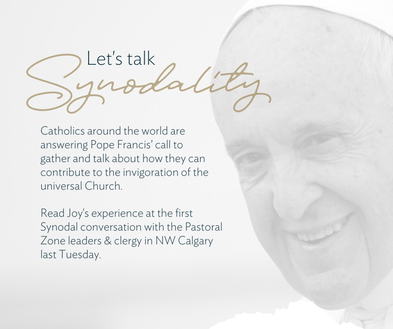 Relationships require understanding Almost 30 years ago, my husband and I participated in a Marriage Encounter weekend. One of my biggest takeaways was the notion that healthy relationships require that we understand that it is impossible to un-spill milk. What’s happened matters. What happens next is even more important. I take that same concept into discussions of my experience with the universal Church. I won’t discuss confidential information shared as part of the synodal conversation. (Organizers did a great job of breaking us out into smaller groups.) I will say that I think it matters that Catholics, including lay members, are being asked, “How have you experienced journeying together as the Church?” For some of us, the question is fraught and the answers uncomfortable. But just like you cannot un-spill milk, I’m confident that a prayerful people, guided by the Holy Spirit, will not be able to unknow what they hear at meetings like these. Information changes people. It shapes new discussions. More than anything else, it demands care. In addition to being asked about our personal experience of the journey “as Church,” synodal participants are being asked what steps the Holy Spirit is inviting “us to take in order to grow in our ‘journeying together?’” Again, I think that’s a valuable question as it puts action back into the hand of the Church’s people. In addition to gathering information about these two questions, the very process strengthens the relationships fundamental to our parish communities. Several participants told me (or my editor) that they appreciated the opportunity to gather with people they know; an opportunity complicated by the global pandemic, yet aided by technology and, most obviously, the Holy Spirit. More importantly, feedback to me implies people felt empowered by the prayers and the discussions. They are already talking about their synodal experiences with Catholic peers. They are encouraging others to take part. Like Bishop McGrattan, they are hopeful. I take comfort in that hope, fueled as it is by two other theological virtues, faith and love. Written by Joy Gregory for Faithfully. Joy Gregory is a writer, cradle Catholic, and long-time parishioner of St. Peter’s, Calgary, where she’s been active in preschool catechism programs, RCIA, and the Society of St. Vincent de Paul.
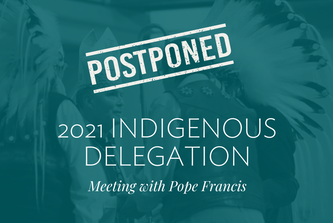 Media updates from CCCB: December 7, 2021 After careful assessment of the uncertainty and potential health risks surrounding international travel amid the recent spread of the Omicron variant, the Canadian Bishops, Assembly of First Nations, Métis National Council, and Inuit Tapiriit Kanatami have jointly decided to reschedule a delegation to the Vatican in December 2021 to the earliest opportunity in 2022. The decision to postpone was a heartbreaking one, made after careful consultation with delegates, family members, community leaders, public health officials and the leadership of each of the three National Indigenous Organizations. Particularly for many elderly delegates as well as those who live in remote communities, the risk of infection and the fluid nature of the evolving global situation presents too great a threat at this time. We take comfort in the desire, conveyed to us by the Holy See, that the safety of the delegation should inform any decision to move forward. It is also important to note that the delegation is postponed not cancelled. Currently, the world’s health experts are still learning about the transmissibility of the Omicron variant. As more information becomes available, we will continue to assess the feasibility of future travel plans, based on guidance from the Canadian government and relevant international authorities. Our shared commitment to walking together towards healing and reconciliation remains strong. We understand that the Holy See is very much committed to rescheduling this visit in the new year and we look forward to the opportunity for Indigenous Elders, knowledge keepers, residential school survivors, and youth to participate in private meetings with Pope Francis. For further information: Canadian Conference of Catholic Bishops – [email protected] Assembly of First Nations – [email protected] Métis National Council – [email protected] Inuit Tapiriit Kanatami – [email protected] Link to Media updates: December 2, 2021 Three Alberta indigenous leaders will be among the delegates traveling to Vatican City this upcoming December to meet with His Holiness Pope Francis as part of national healing and reconciliation efforts. “We as an indigenous community, we never gave up the need to heal,” said Chief Wilton Littlechild, who was chosen as a delegate by the Assembly of First Nations. “We are doing this and we are going. I think that is a willingness on our part …. We are going and that should be a message within itself. We are willing to work with this and with you. Please help us now. We are putting our hand out, meet halfway and let's shake hands. It is really important to show good intent.” Chief Littlechild, of the Ermineskin First Nation, is a former Treaty Six Nations grand chief and former commissioner of the Truth and Reconciliation Commission. Chief Littlechild has worked with the United Nations for more than 40 years advocating for indigenous peoples. He is a survivor of residential school. Two Alberta delegates, Angelina (Angie) Crerar and Gary Gagnon, were chosen by the Metis Nation. Angie is a Métis knowledge keeper and elder, from Grande Prairie. Angie has volunteered for more than 50 years. She has been a board member of the Grande Prairie Friendship Centre. She is president of the Metis Local 1990. She started an Elders Caring Shelter, the first of its kind in the country. She is a survivor of residential school. Gary Gagnon is a Métis from St. Albert (Metis Settlement). For more than 20 years, he has been employed with Edmonton Catholic Schools under the Indigenous Learning Services Program as a cultural facilitator. In 2018, Gary was elected as vice-president, Region 4 Metis Nation of Alberta Twenty five to 30 First Nations, Inuit, and Métis Elders, knowledge keepers, residential school survivors, and youth will meet with the Holy Father at the Vatican from December 17-20, 2021, accompanied by a small group of Canadian bishops. Edmonton Archbishop Richard Smith, president of the Alberta and Northwest Territories bishops, and Calgary Bishop William McGrattan, vice-president of the Canadian Conference of Catholic Bishops, will also travel to Vatican City. The delegates represent the Assembly of First Nations, the Inuit Tapiriit Kanatami (ITK) and the Métis National Council (MNC). Further details of the delegation will continue to be made available through these organizations as well as the Canadian Conference of Catholic Bishops (CCCB). About the Alberta DelegationChief Wilton Littlechild
Wilton Littlechild IPC CM AOE MSC QC, known as Willie Littlechild, is an indigenous lawyer, advocate, residential school survivor and Cree chief who served as Assembly of First Nations Regional Chief, as Grand Chief of the Treaty Six and as a member of Parliament. Littlechild was born in 1944 in Maskwacis, Alberta, raised by his grandparents. He was brought to Indian residential school at the age of six, spending 14 years in the system until his completion of high school. Littlechild graduated with a Bachelor of Physical Education degree in 1967, then obtained a master's degree in physical education from the University of Alberta in 1975. He is the first Treaty Indian from Alberta to obtain a law degree, completed at the University of Alberta in 1976. That year, the Maskwacis Cree Nations bestowed on him with a headdress as an honorary chief and endowed him with his grandfather's Cree name, Mahigan Pimoteyw, which means Wolf Walker. Chief Littlechild was a member of the 1977 Indigenous delegation to the United Nations and worked on the UN and OAS Declarations on the Rights of Indigenous Peoples. He continues to work with the United Nations to this day. He was a Member of Parliament for Wetaskiwin from 1988 to 1993. Chief Littlechild is a member of the Ermineskin Cree Nation. In 2009, Littlechild was appointed as a commissioner to the Truth and Reconciliation Commission of Canada where he served for six and a half years. He has been inducted into Canada's Sports Hall of Fame. He has received the lndspire Award for law and justice, Pearson Peace Medal; four Centennial medals, the Order of Canada, the Order of Sport, three Queen's medals, and received six university doctorate degrees. Chief Littlechild and his wife Helen are most proud of their children Teddi, Neil, Megan, and Angel Tina, three adopted children, nine grandchildren and three great-granddaughters. Gary Gagnon Gary Gagnon is a Metis from St. Albert (Metis Settlement). For more than 20 years Gary has been employed with Edmonton Catholic Schools under the Indigenous Learning Services Program as cultural facilitator. Gagnon was seconded with the Archdiocese of Edmonton as coordinator of the Office of Indigenous relations in 2016 for a two-year term. In 2018, Gary was elected as vice-president, Region 4 Metis Nation of Alberta. Gagnon is a trustee for Lac Ste. Anne Pilgrimage. He sits as an Indigenous Advisor the Canadian Catholic Indigenous Council. He performs prayer and smudging rituals as Indigenous cultural volunteer with Sacred Heart of First Nations Peoples church in Edmonton and Our Lady of Mercy Parish in Enoch. Angie Crerar Angie (Mercredi) Crerar IS 85. She was born July 3, 1936 in Fort Resolution, NWT. In 1947, she was taken from her home and placed in residential school at Fort Resolution. For over 10 years, her Metis traditions, language, heritage, childhood and name were taken from her. She was known as number 6. Angie left the residential School when she was 17 years old. She and her late husband Doug Crerar have 11 children, 24 grandchildren, and 16 great grandchildren. Angie has volunteered for more than 50 years, celebrating her Metis heritage. She has been a board member of the Grande Prairie Friendship Centre. She is president of the Metis Local 1990. She started, fundraised and helped build an Elders Caring Shelter, the first of its kind in the country. In 1987, Angie was named Volunteer of the Year. She received a Lifetime Achievement Award from the Esquao Awards, the Centennial Award from the City of Grande Prairie, a Caring Canadian award from the Governor General, Hometown Hero award from the City of Grande Prairie and the Queens Diamond Jubilee Medal. In 2014, she was awarded with a city park in her name, called the Angie Crerar Park. Edmonton Archbishop Richard Smith Richard W. Smith was born in Halifax, Nova Scotia on April 28, 1959. He studied at St. Mary's University and at the Atlantic School of Theology in Halifax. Ordained to the priesthood on May 23, 1987, he pursued further studies in theology at the Pontifical Gregorian University in Rome, earning a licence in 1993 and a doctorate in 1998. Pope John Paul II appointed him as Bishop of Pembroke, Ont. on April 27, 2002. He was formally installed as the seventh Archbishop of Edmonton on May 1, 2007, the Feast Day of St. Joseph the Worker. Archbishop Smith serves as president of the Catholic Bishops of Alberta and the Northwest Territories, and he is past president of the Canadian Conference of Catholic Bishops. Calgary Bishop William McGrattan William Terrence McGrattan was born on September 19, 1956 in London, Ont. He received his undergraduate degree in chemical engineering at the University of Western Ontario, followed by a Master of Divinity from St. Peter’s Seminary in London. He was ordained to the priesthood on May 2, 1987. Bishop McGrattan continued his studies in theology at the Pontifical Gregorian University in Rome, where he received a licentiate in fundamental moral theology in 1992. He served on the faculty of St. Peter’s Seminary in London from 1997 until 2009. In 2009, Pope Emeritus Benedict XVI appointed Bishop McGrattan as Auxiliary Bishop of Toronto. His appointment as the 12th bishop of the Diocese of Peterborough, Ont, took place on April 8, 2014. On January 4, 2017, Bishop McGrattan was appointed eighth bishop of the Diocese of Calgary, and was installed on February 27, 2017. Bishop McGrattan is the vice-president of the Canadian Conference of Catholic Bishops. The ecumenical Season of Creation is observed annually from September 1, the World Day of Prayer for Creation, to October 4, the Memorial of Saint Francis of Assisi. Christians and peoples of faith around the world are invited to pray in thanksgiving for God’s gift of creation. This year, the Season of Creation occurs in the midst of the COVID-19 pandemic that is impacting worldwide in ways that are inextricably interconnected to the care of creation and the health of humanity. The Encyclical Letter, Laudato Si, echoes this interconnection. “Everything is connected. Concern for the environment thus needs to be joined to a sincere love for our fellow human beings and an unwavering commitment to resolving the problems of society.” – Laudato Si, No. 91. In March of this year Pope Francis asked the Dicastery for Promoting Integral Human Development (“DPIHD”) to collaboratively create a Commission to communicate the Church’s concern for the human family facing the COVID-19 coronavirus pandemic, to reflect on the emerging socio-economic-cultural dynamics, and to research and propose timely approaches to move forward. In May, I was invited to be one of twenty participants from Canada and the United States to provide feedback to this newly formed Commission. The Dicastery has now established a Vatican COVID-19 Commission with five Work Groups:
In this time of pandemic, we are admittedly being challenged and yet history reveals that it is often in such times of adversity that the resiliency and determination of the human spirit emerges and through God’s grace, people of faith accomplish good works. In that spirit of confidence and hope, Pope Francis’ message reflects upon the theme for the 2020 Season of Creation, Jubilee for the Earth, as a time to remember, to return, to rest, to restore and to rejoice:
If these initiatives aren’t enough, we also have in this Season of Creation two events in late September and one in early October that call us to action, to conversion and renewal through the understanding and application of our Catholic Social Teaching. The first is the World Day of Migrants and Refugees. Pope Francis’ message for the 106th World Day of Migrants and Refugees, Forced like Jesus Christ to flee draws attention to the burdens faced by migrants and refugees and the responsibility to provide refuge. He states, “I have decided to devote this Message to the drama of internally displaced persons, an often unseen tragedy that the global crisis caused by the COVID-19 pandemic has only exacerbated. In fact, due to its virulence, severity and geographical extent, this crisis has impacted on many other humanitarian emergencies that affect millions of people, which has relegated to the bottom of national political agendas those urgent international efforts essential to saving lives. But “this is not a time for forgetfulness. The crisis we are facing should not make us forget the many other crises that bring suffering to so many people.” The second is the release of an Alberta Bishop’s Pastoral Statement on the Impact of COVID-19 and the Call to Christian Renewal on the Feast of the Exaltation of the Cross. It is entitled “Save your people, O Lord, and bless your inheritance”. There are reflections and resources that accompany the statement which are designed to promote dialogue on the social justice issues that have surfaced during the pandemic in light of the principles of our Catholic Social Teaching. The third event is the publication on the eve of the Memorial of Saint Francis of Assisi of a new encyclical which will reflect upon the Catholic Social Teachings during the pandemic – teachings such as human fraternity, the equal dignity of all people, the preferential option for the poor, the common good, solidarity among all peoples, the responsible care of the environment, and the virtue of striving for justice and peace. Now more than ever we need to relate to one another as sisters and brothers in one global human family. We are called to recognize the responsibilities we have to each other, and take an active role in helping each person achieve their full potential. And in this Season of Creation, we are being called to live as responsible stewards of creation and thus to see the reflection of God in all of creation. God of love, show us our place in this world as channels of your love for all the creatures of this earth, for not one of them is forgotten in your sight. Enlighten those who possess power and money that they may avoid the sin of indifference, that they may love the common good, advance the weak, and care for this world in which we live. The poor and the earth are crying out. O Lord, seize us with your power and light, help us to protect all life, to prepare for a better future, for the coming of your Kingdom of justice, peace, love and beauty. Praise be to you! Amen. (Pope Francis, Laudato Si, May 24, 2015) |
Author
Catholic Pastoral Centre Staff and Guest Writers Archives
July 2024
Categories
All
|

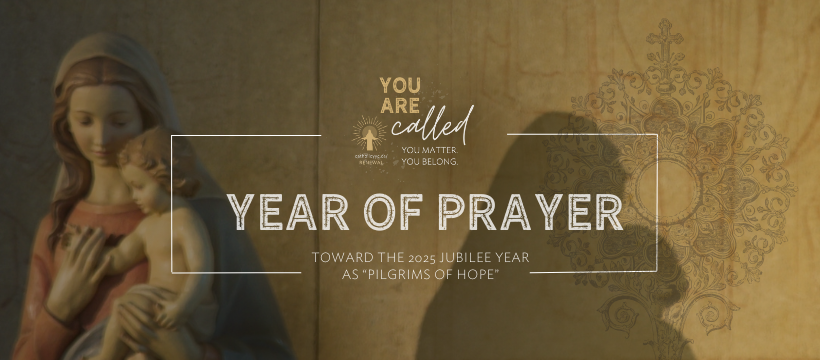
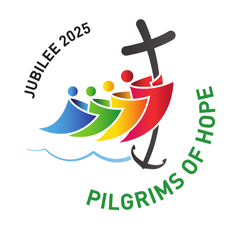
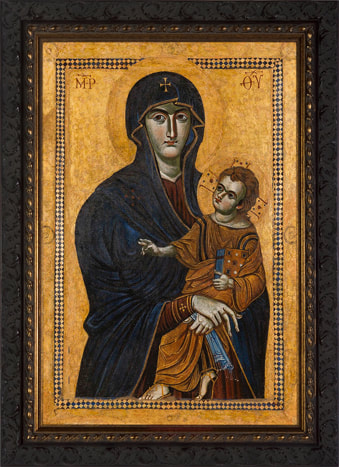
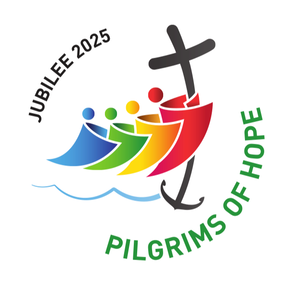
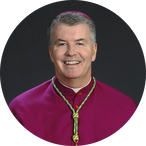
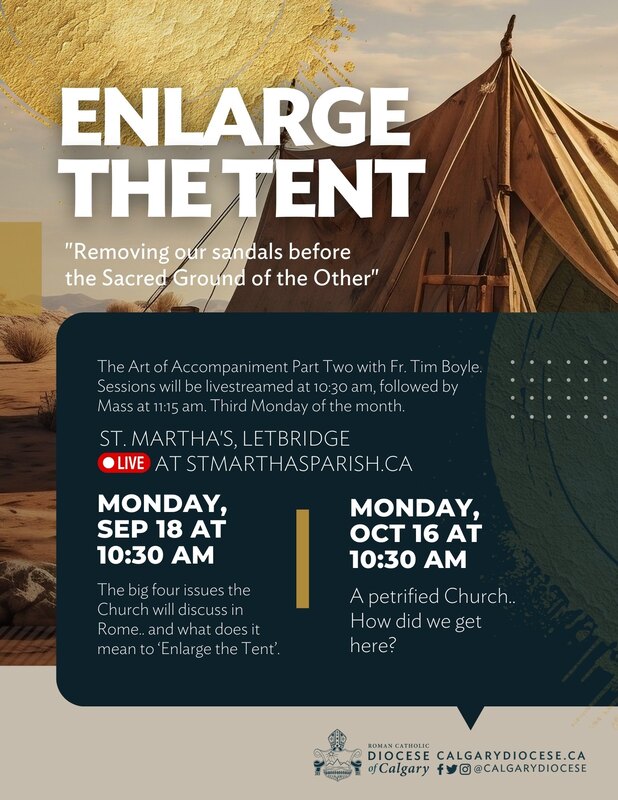
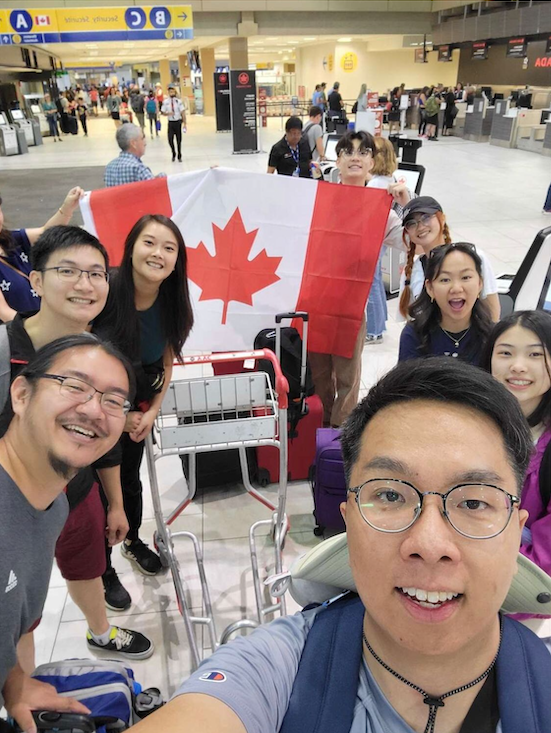
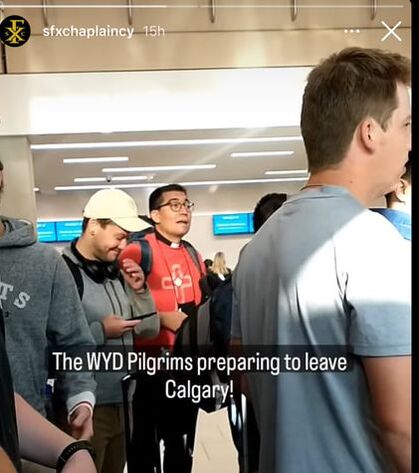
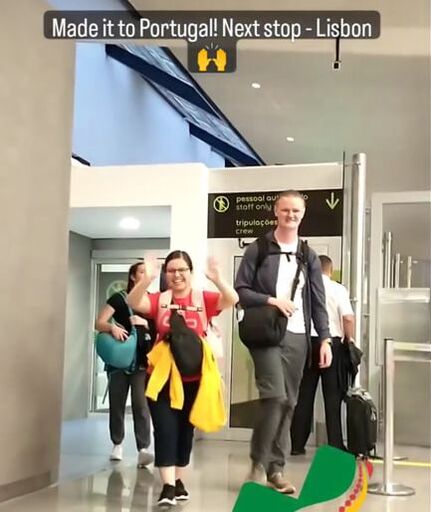
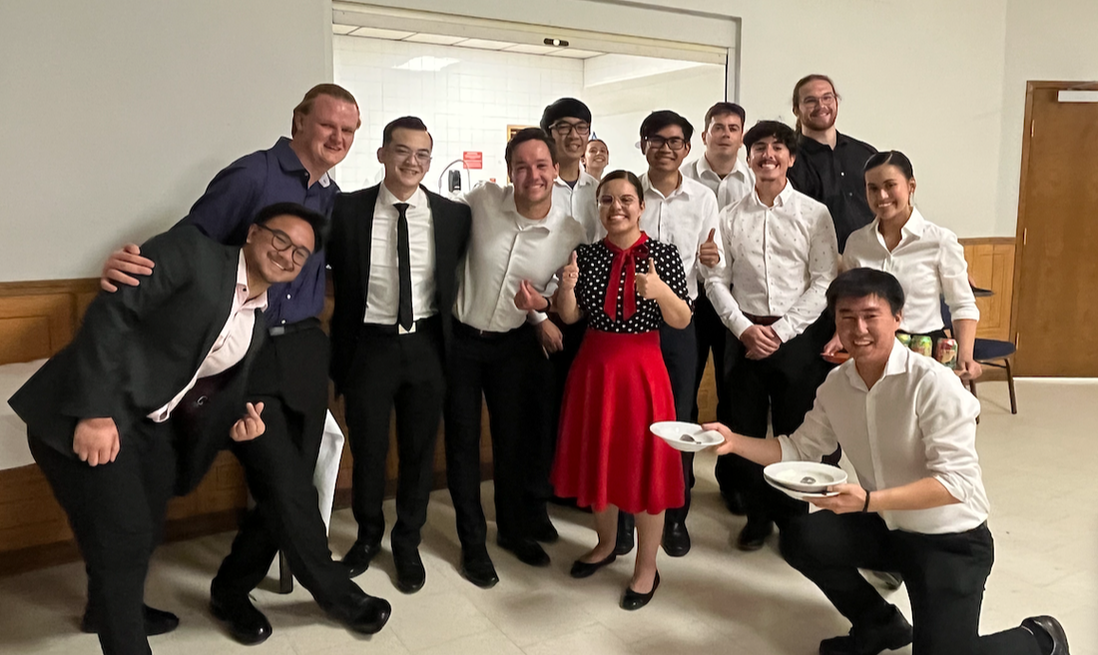
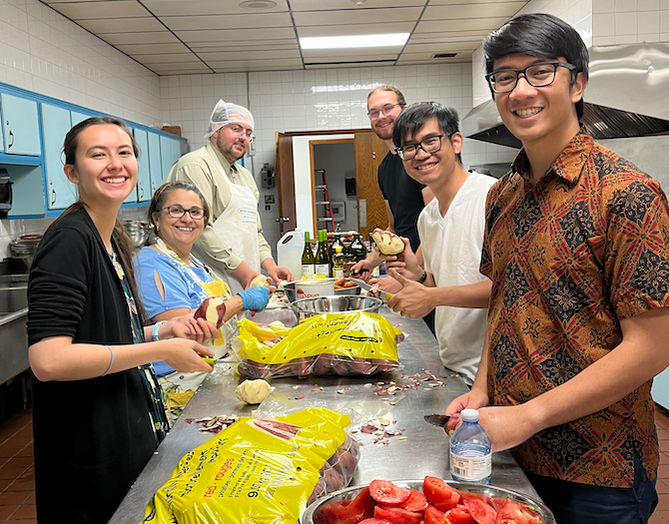
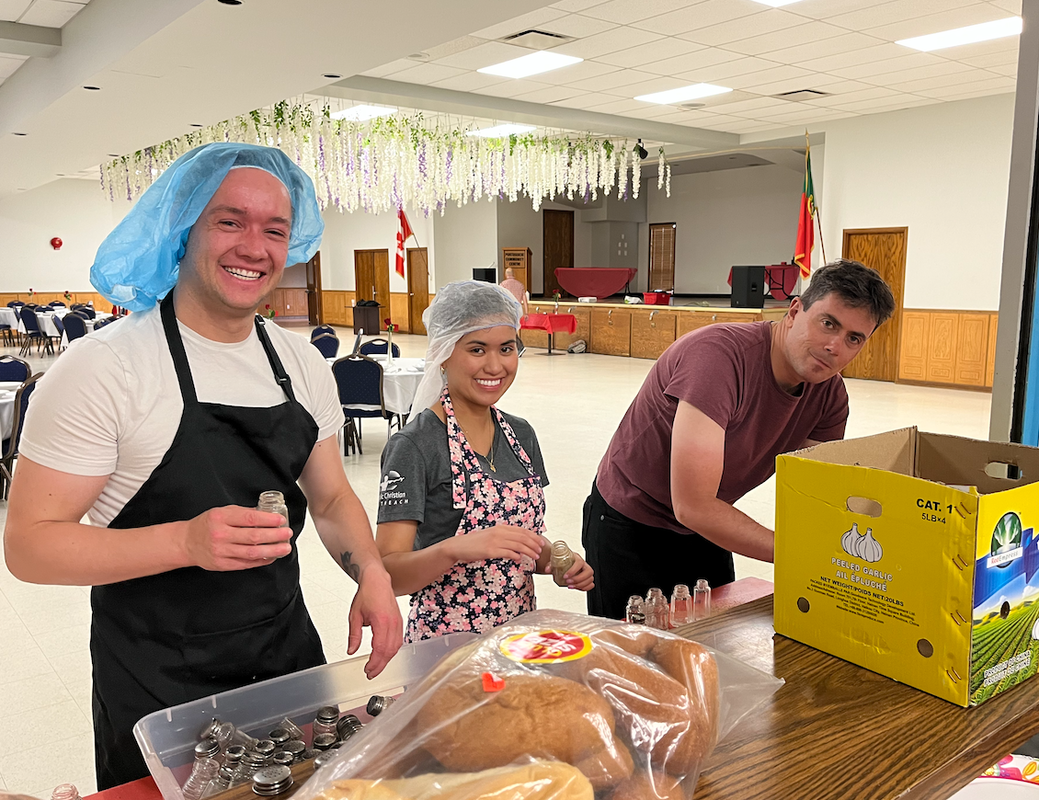
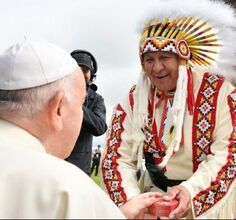
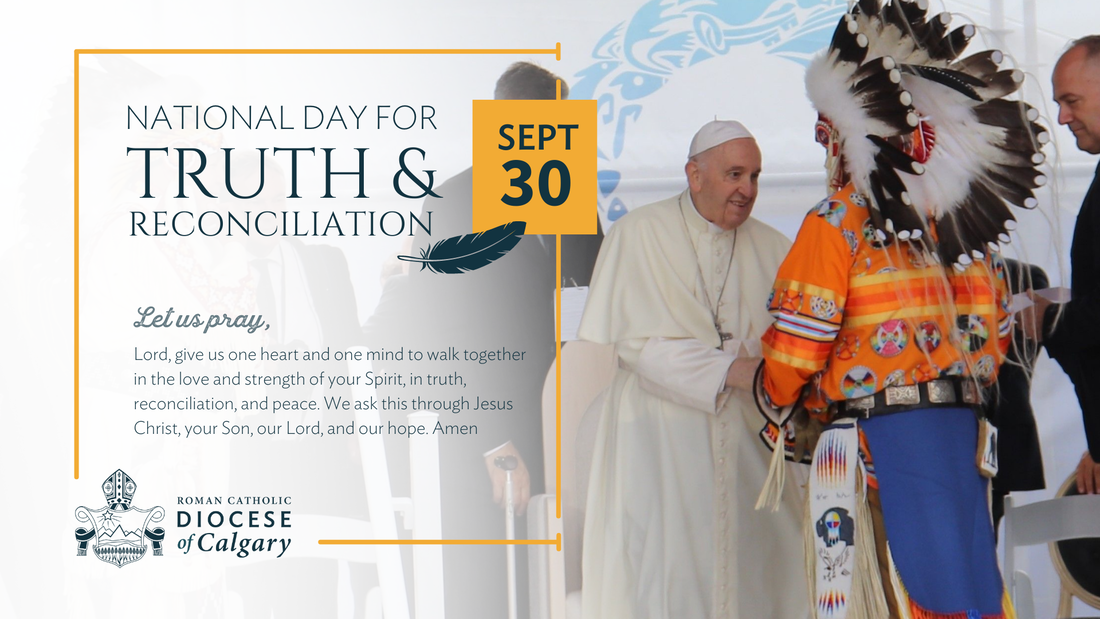
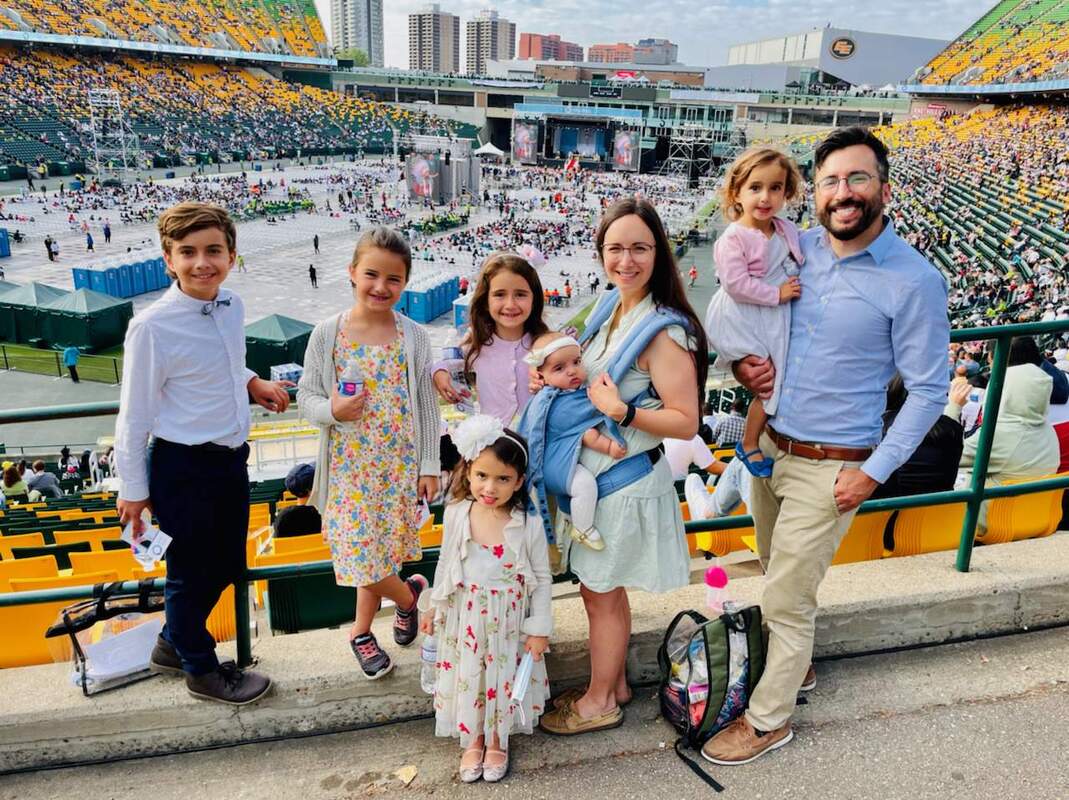
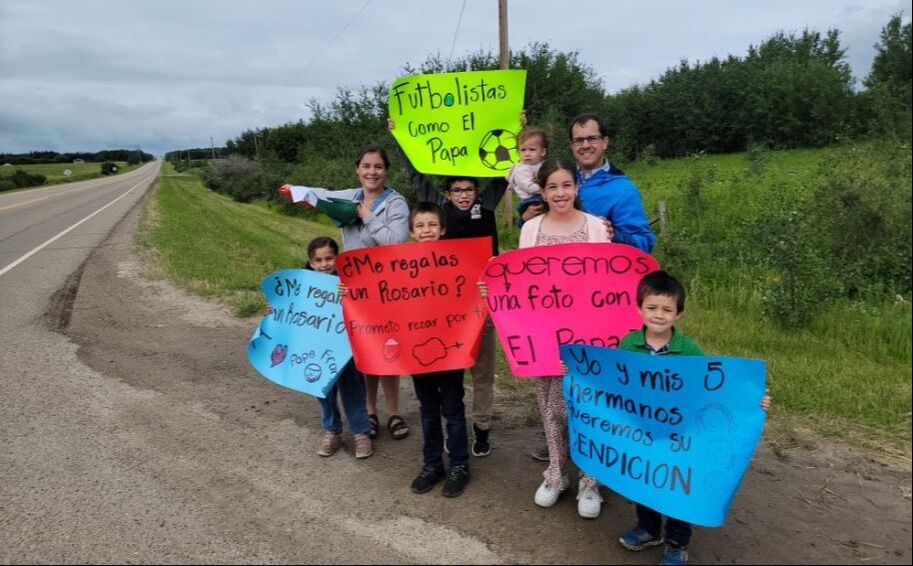
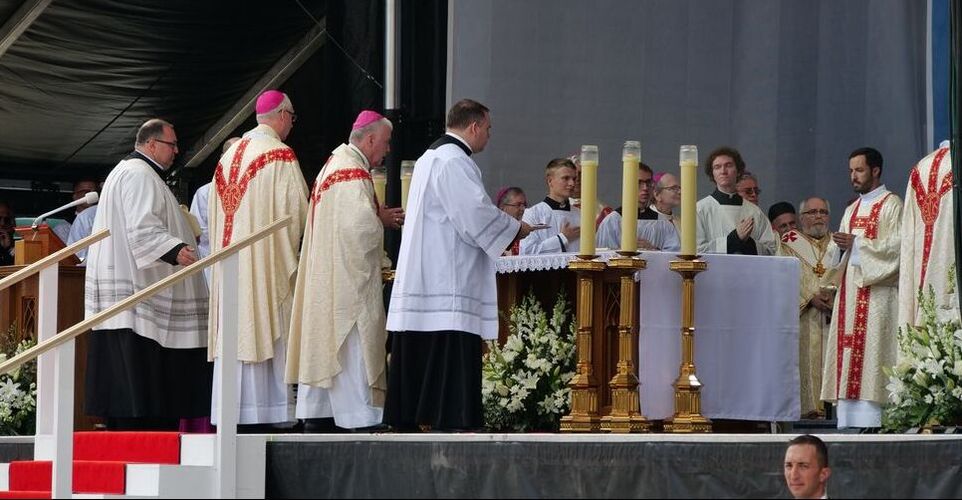
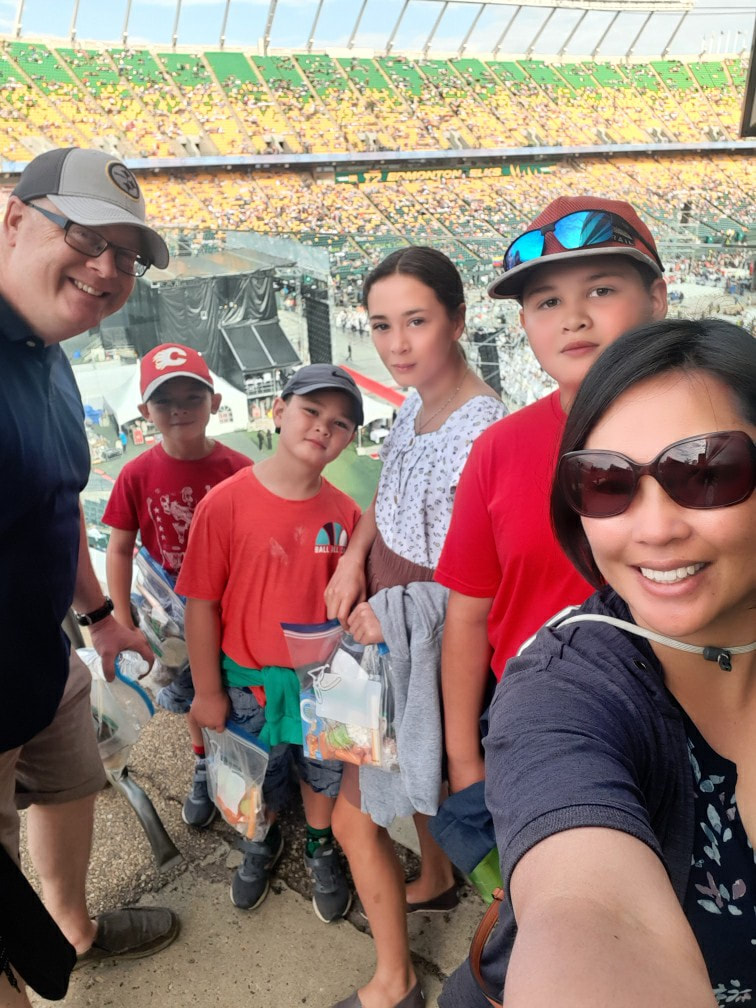
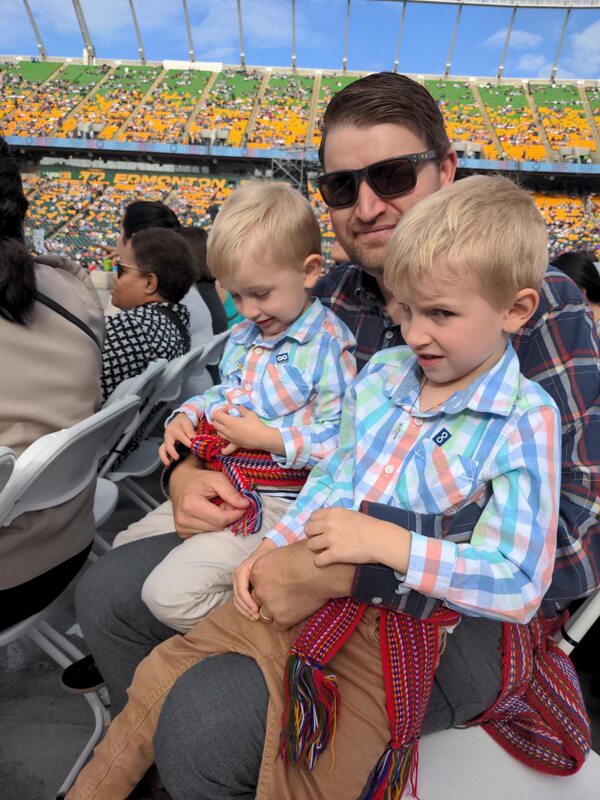

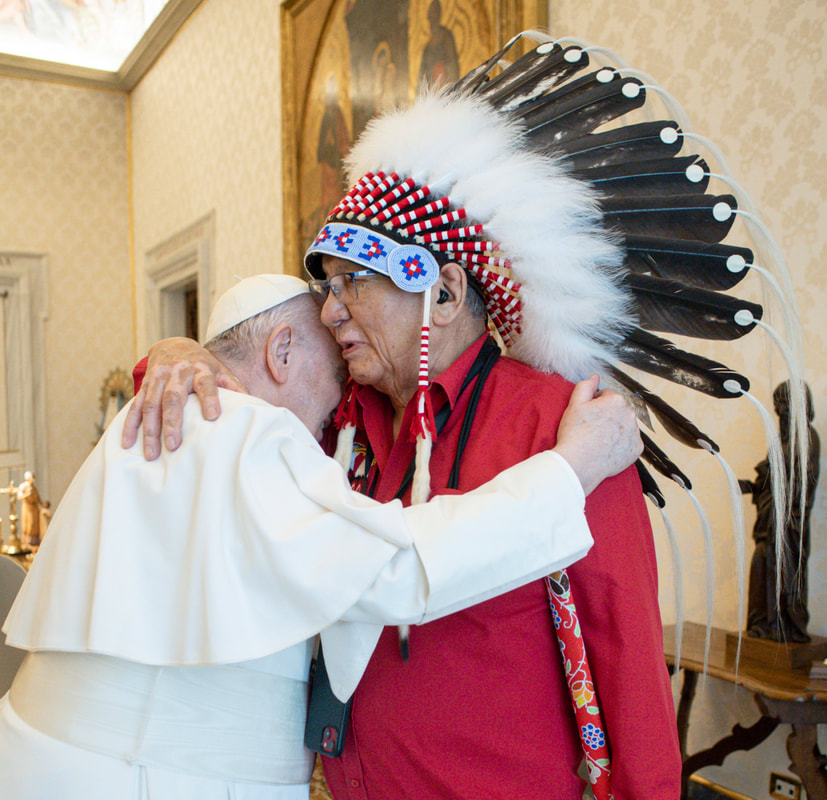

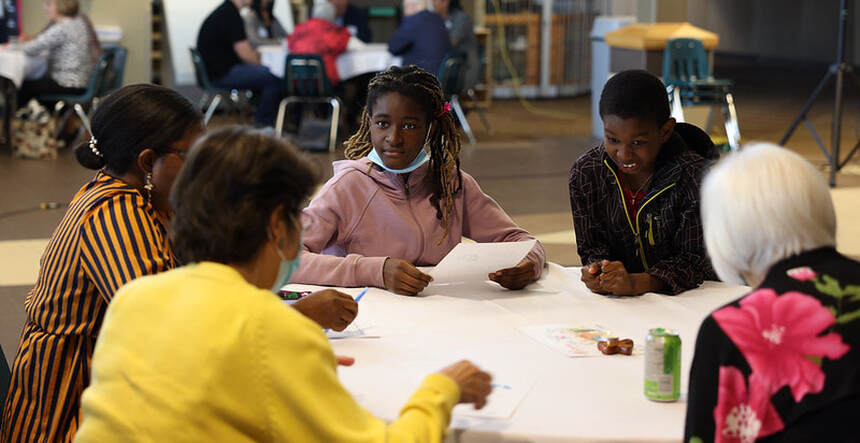
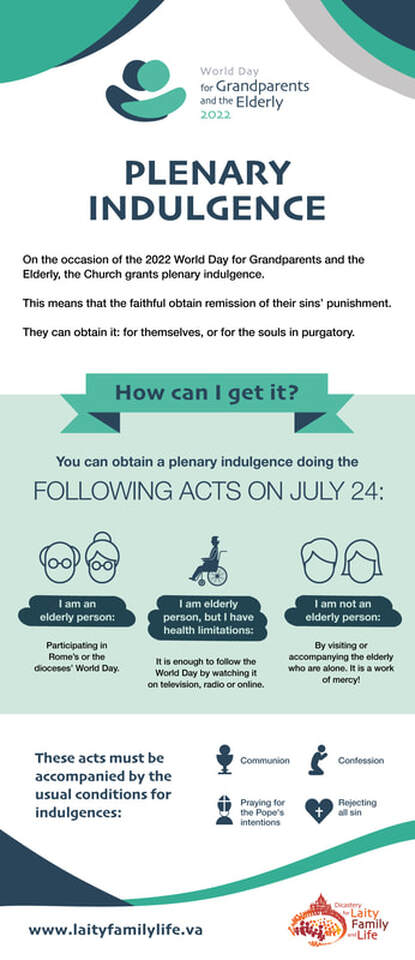
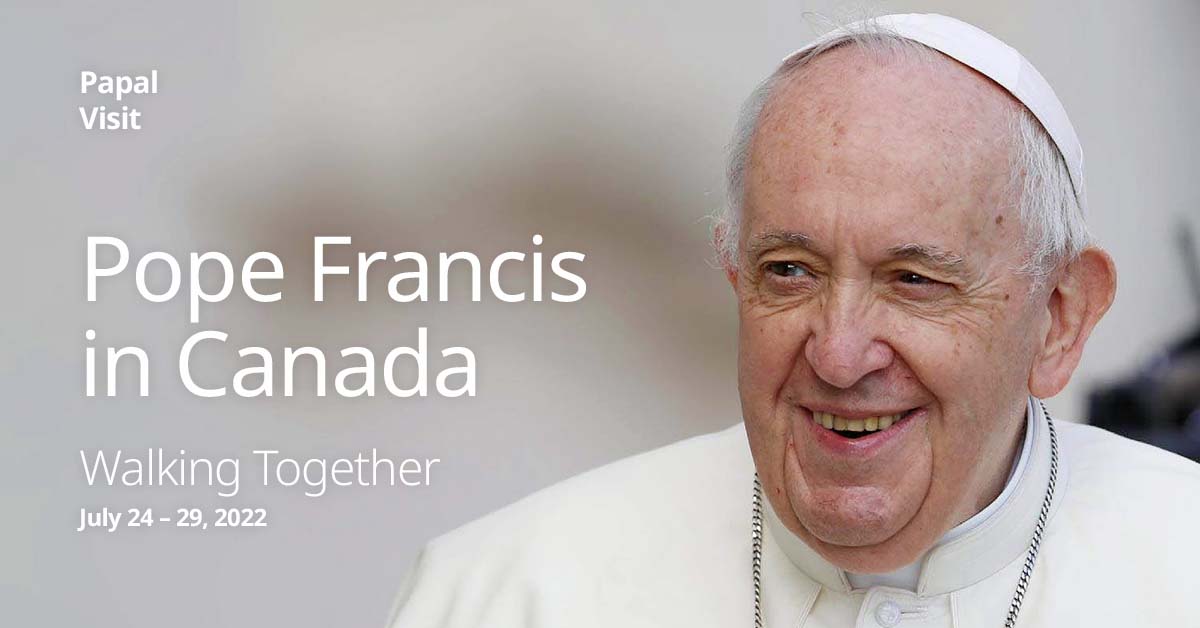
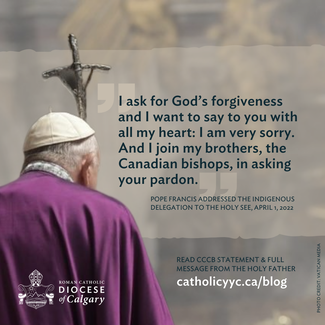
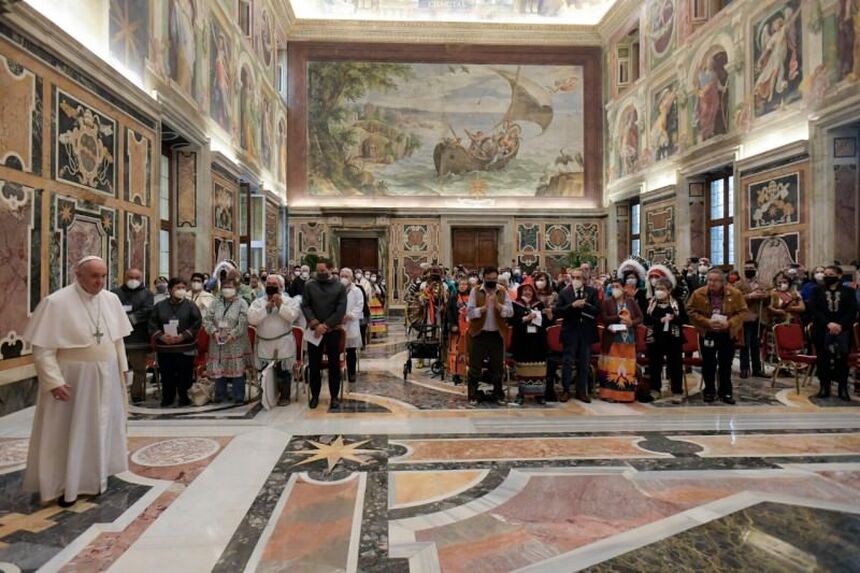
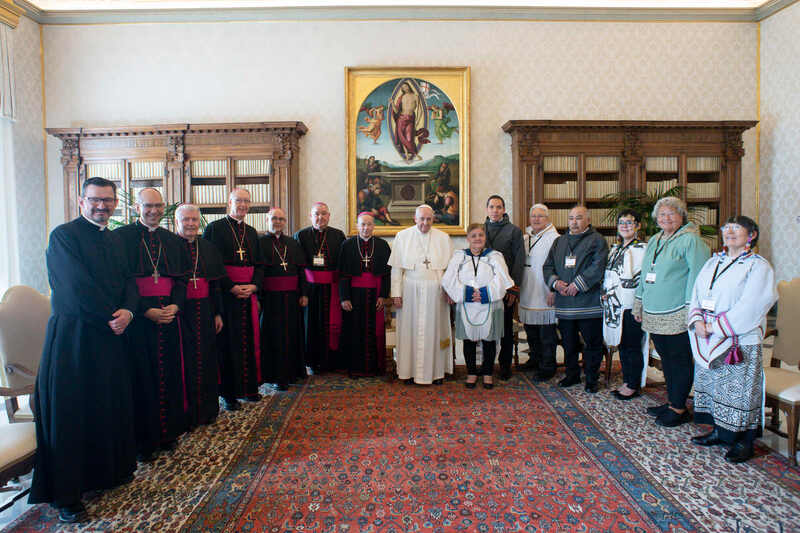
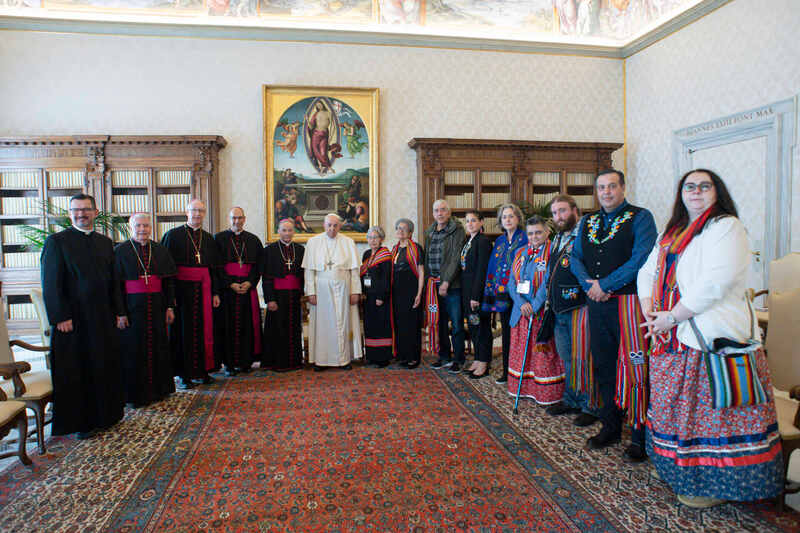
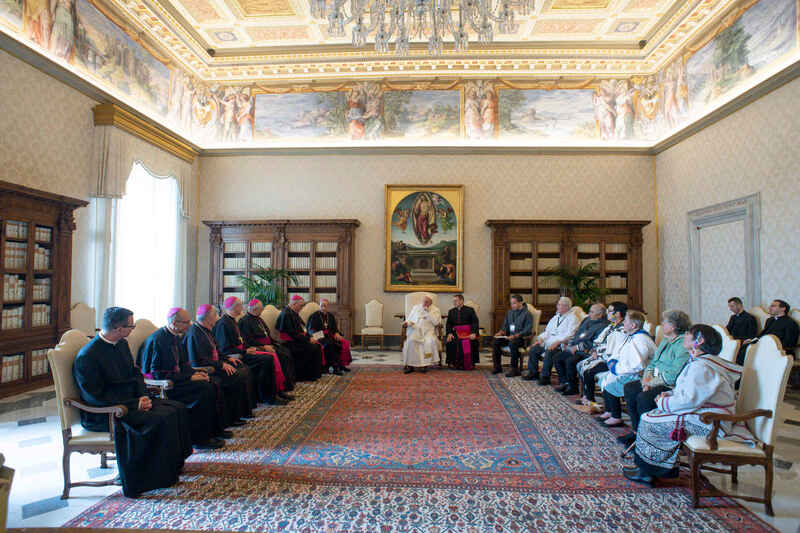
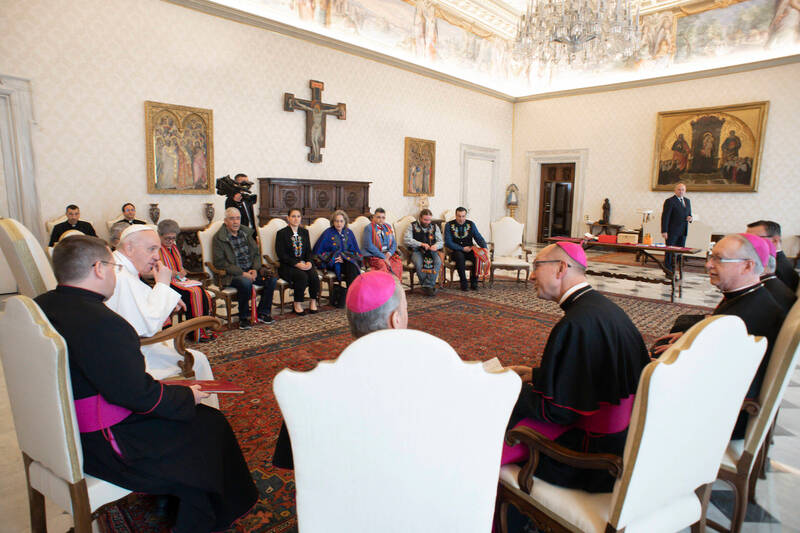
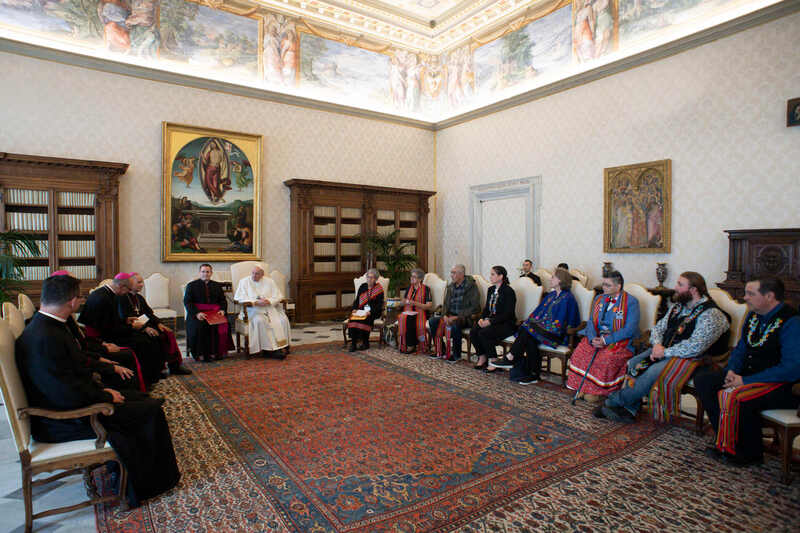
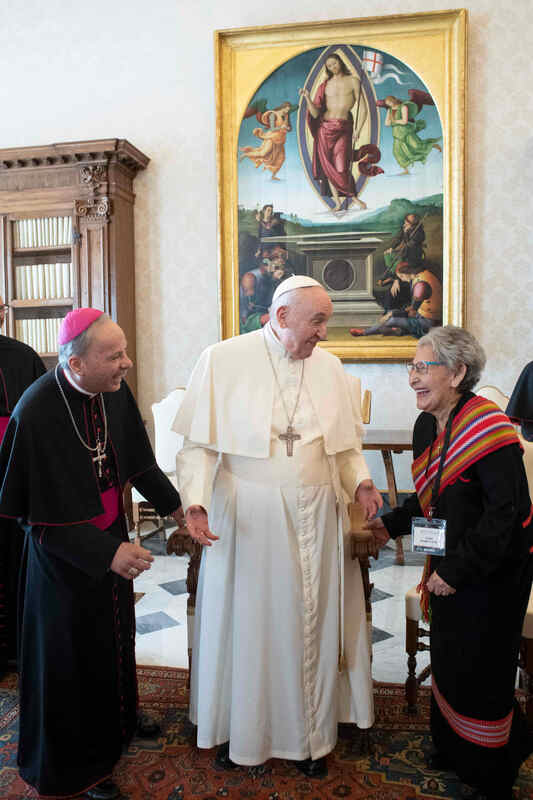
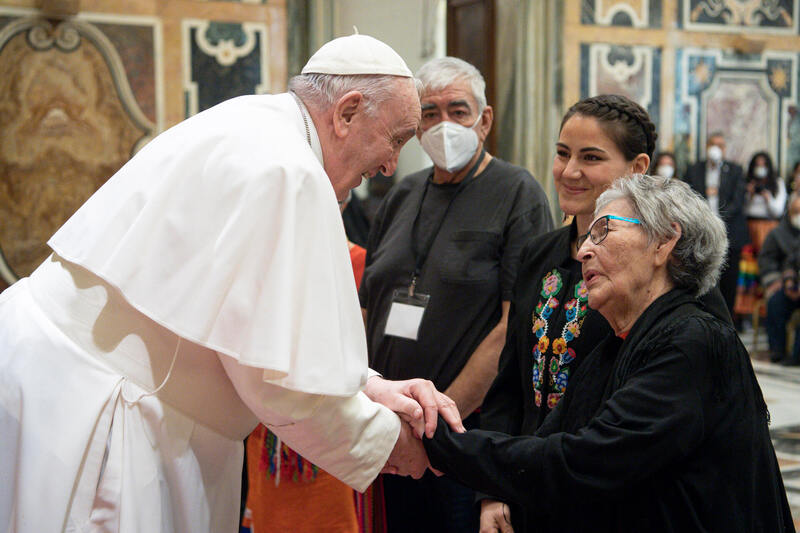
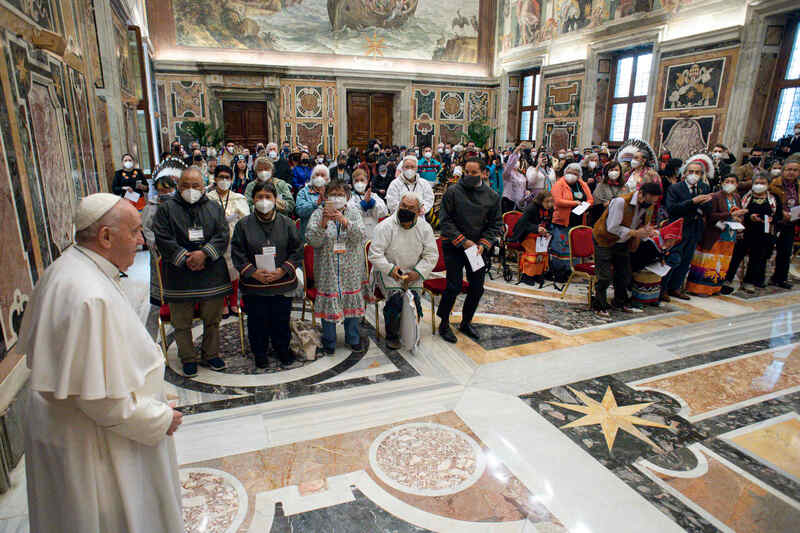
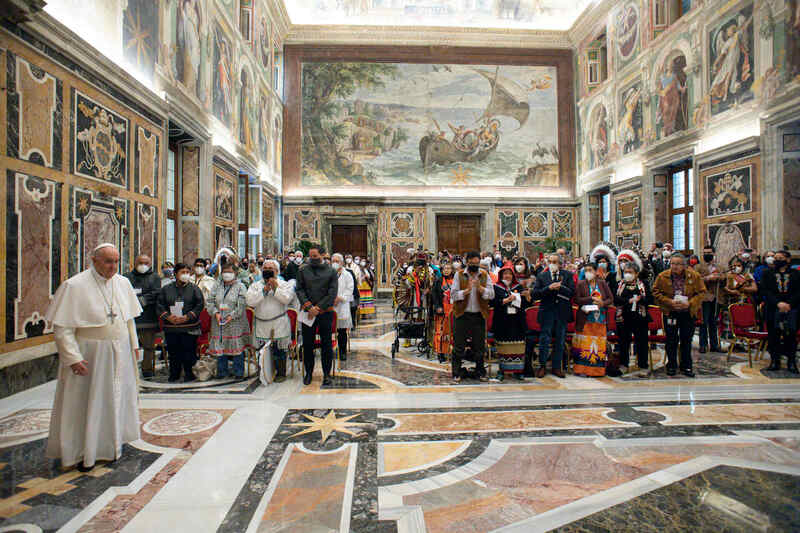
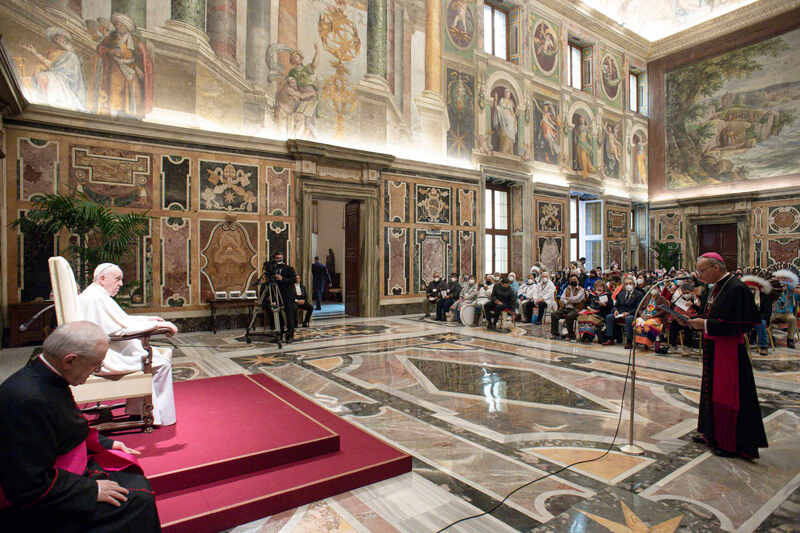
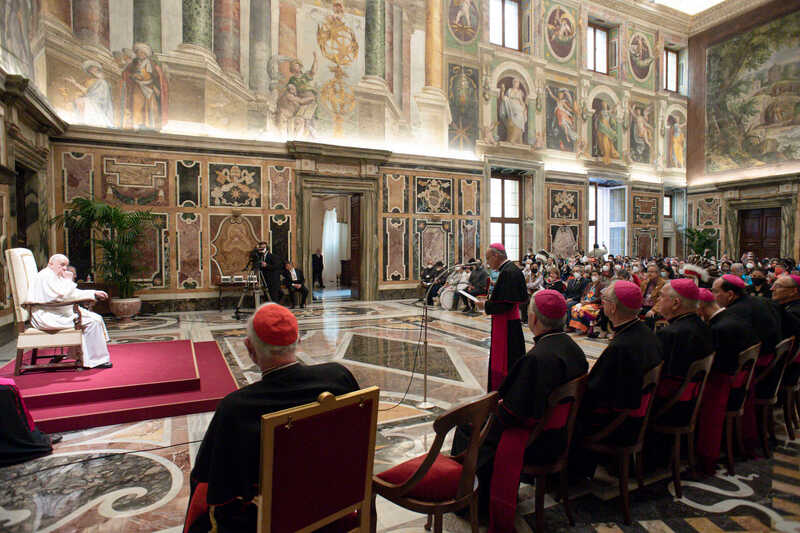
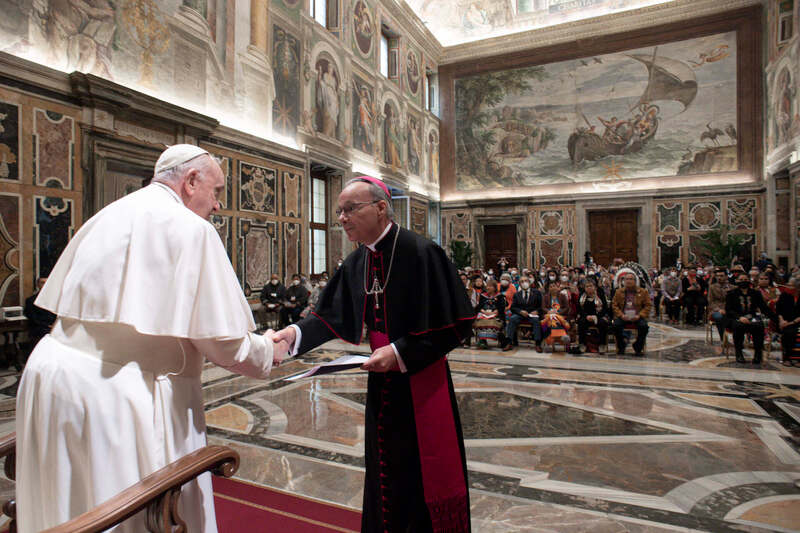
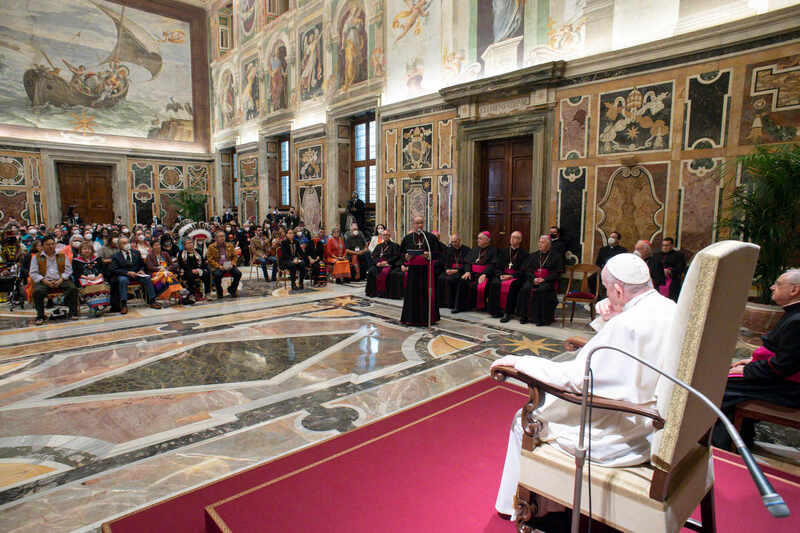
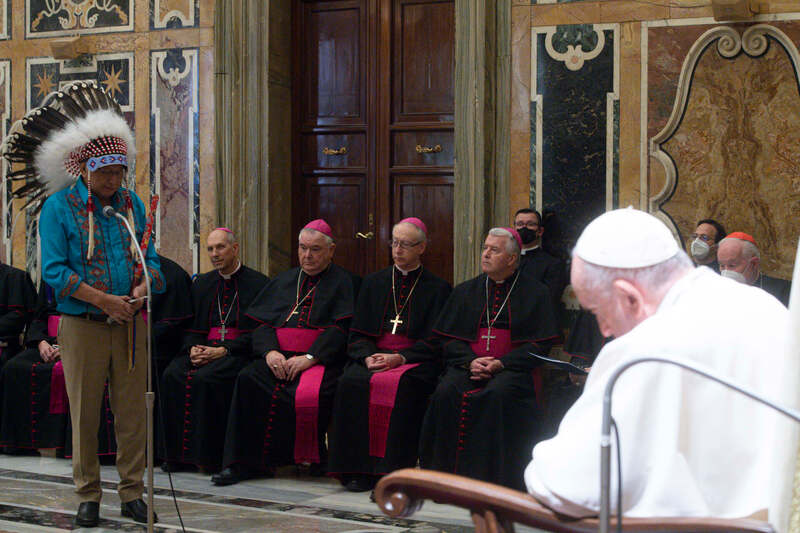
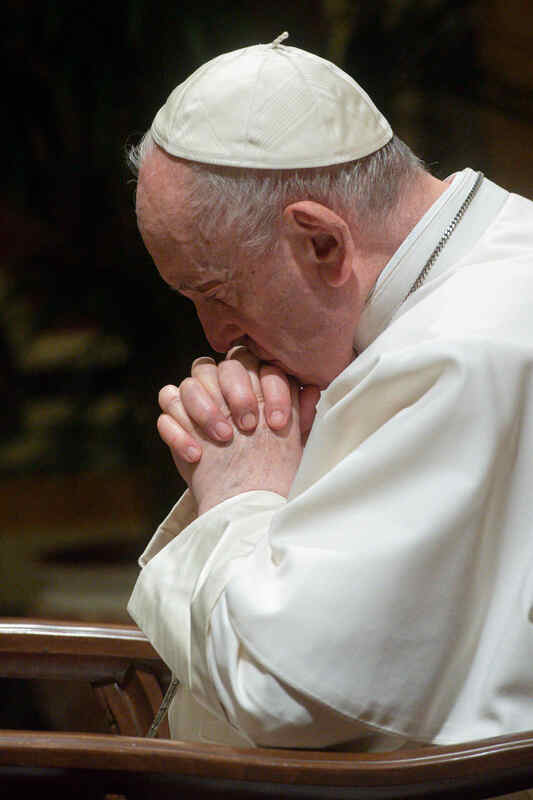
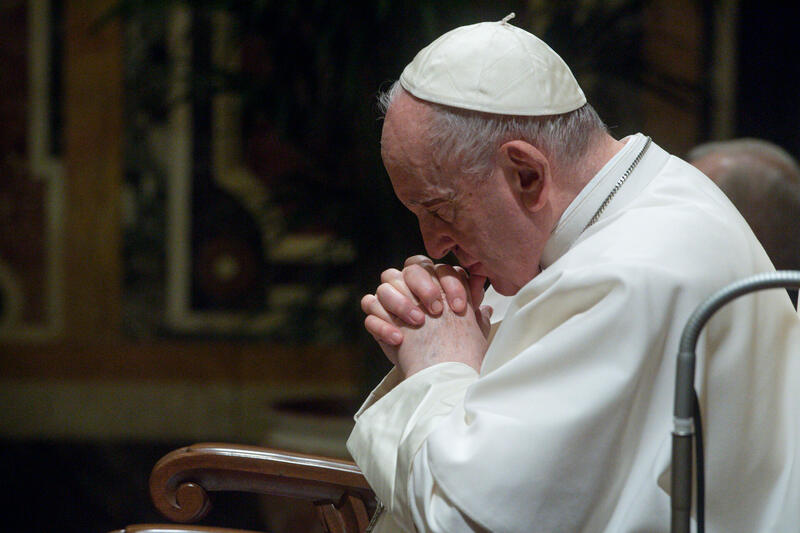
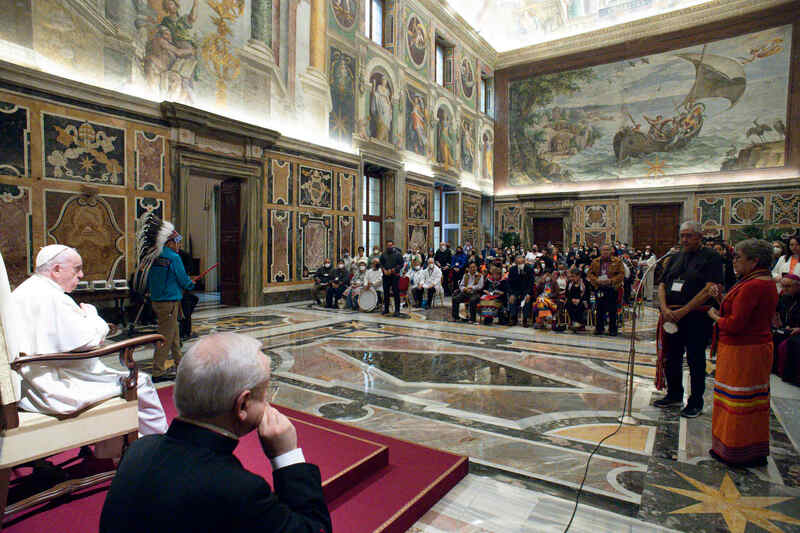
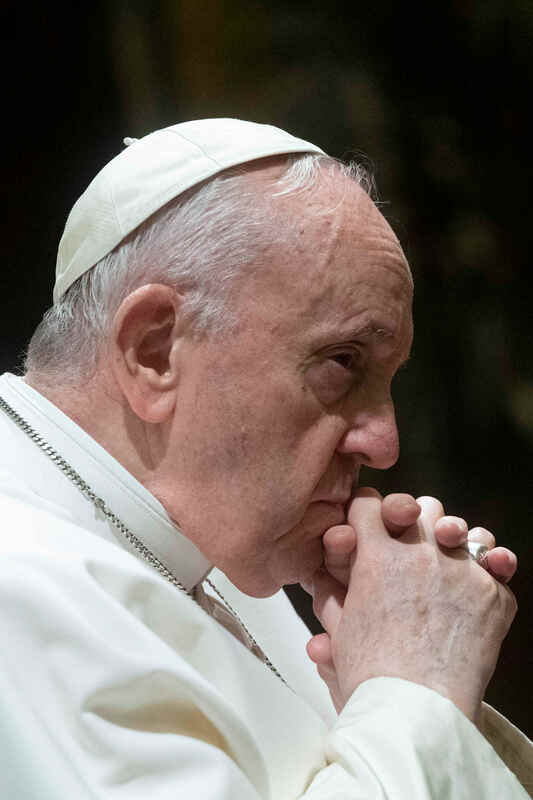
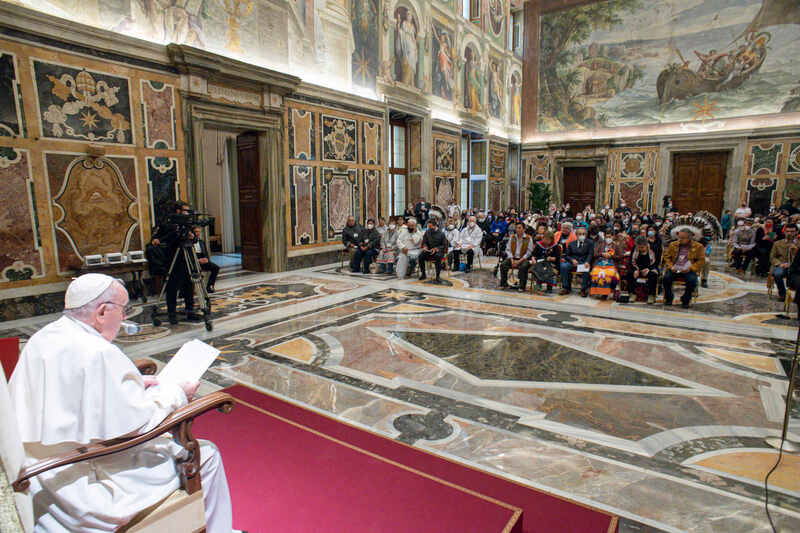
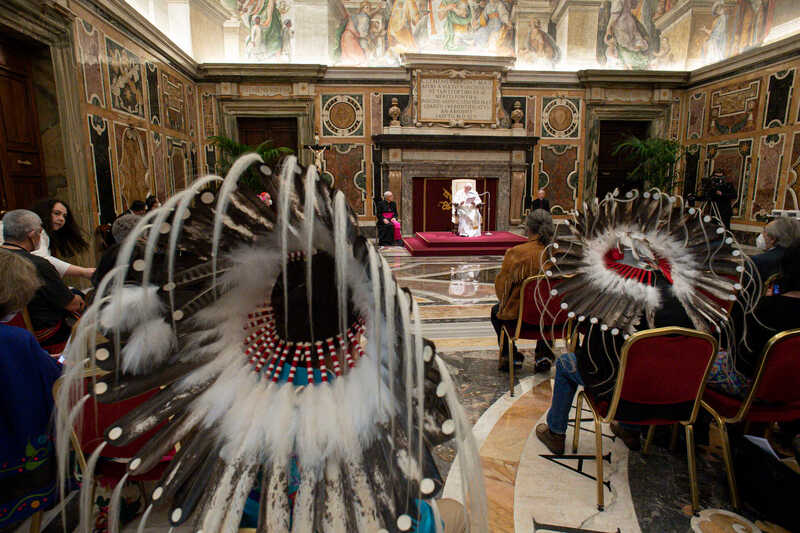
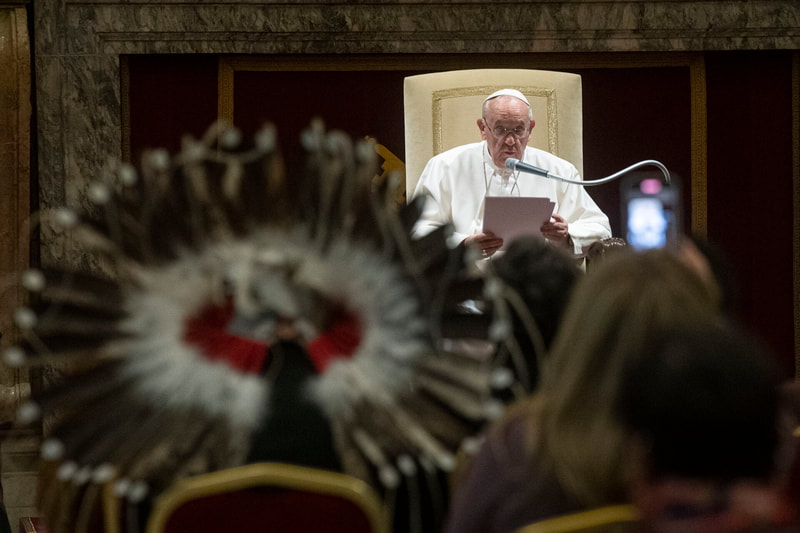
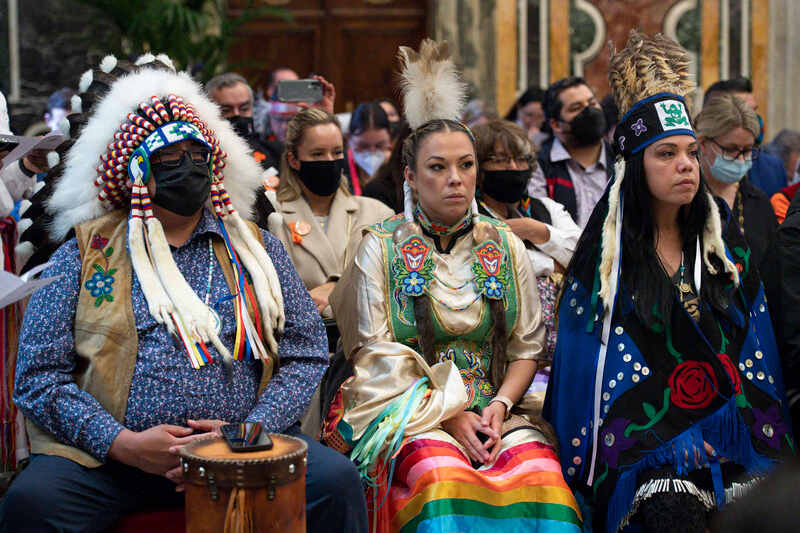
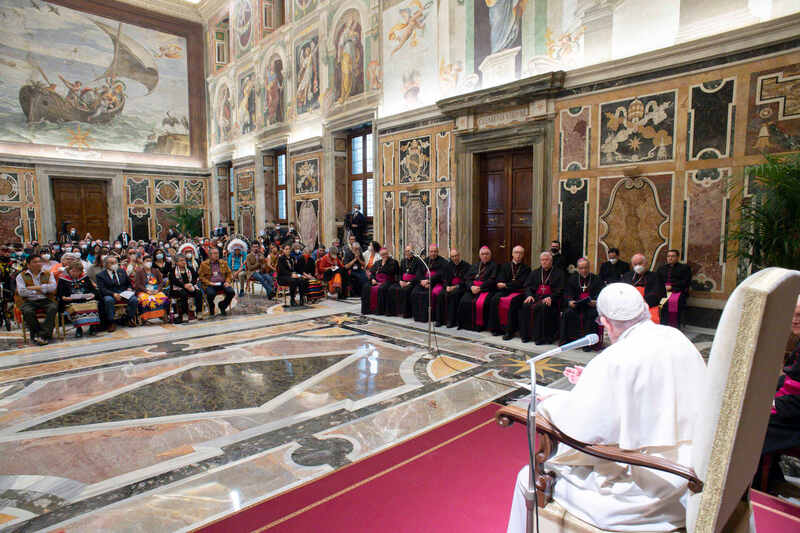
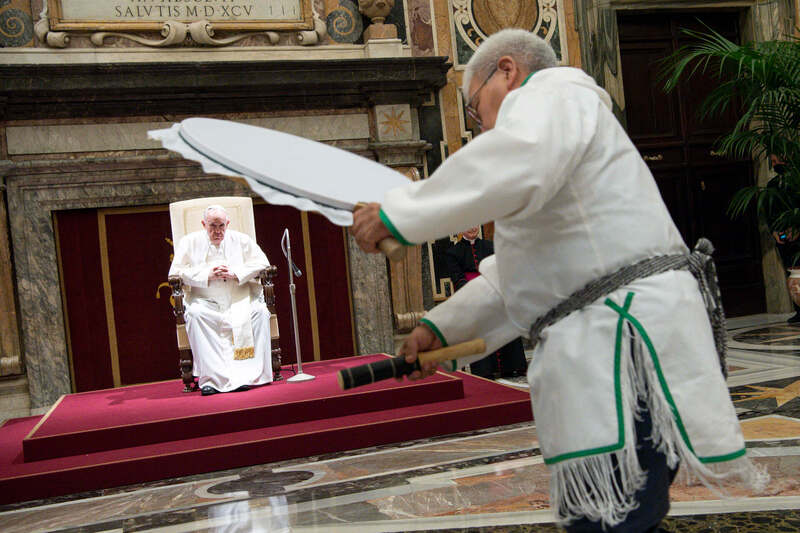
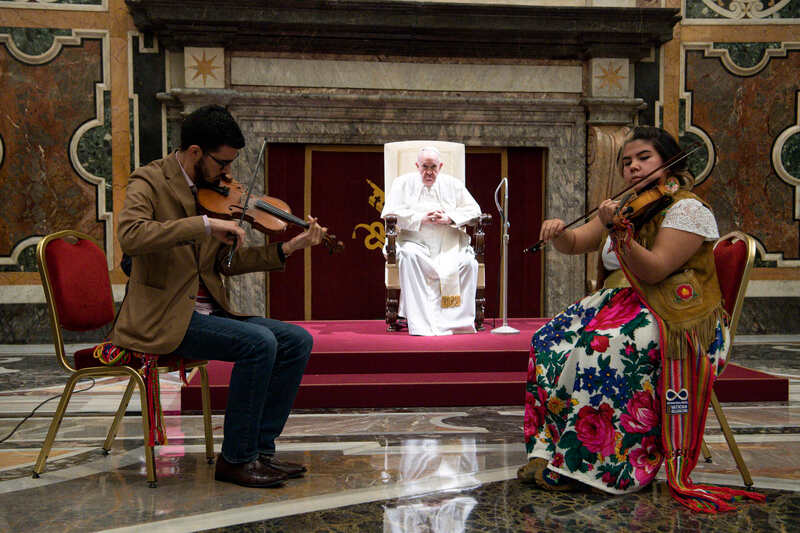
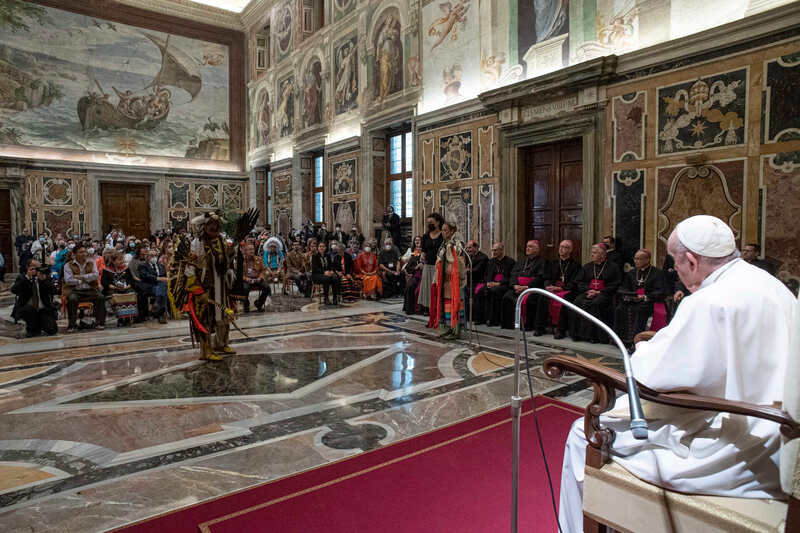
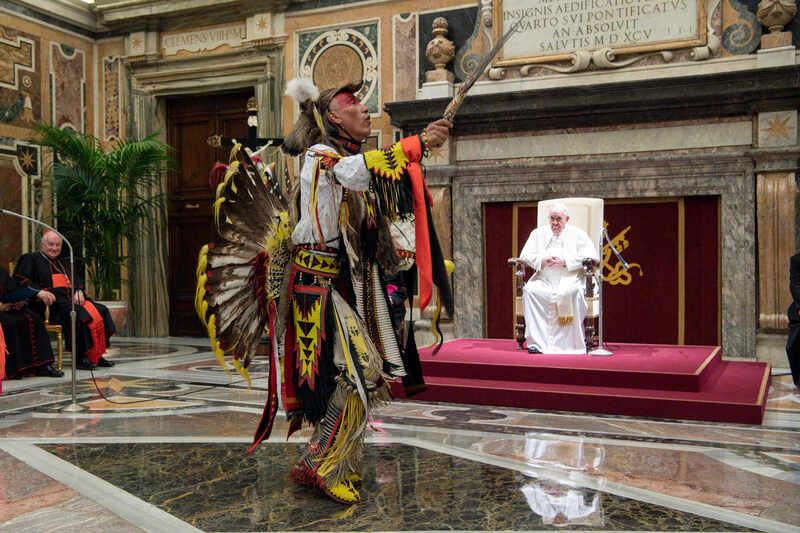
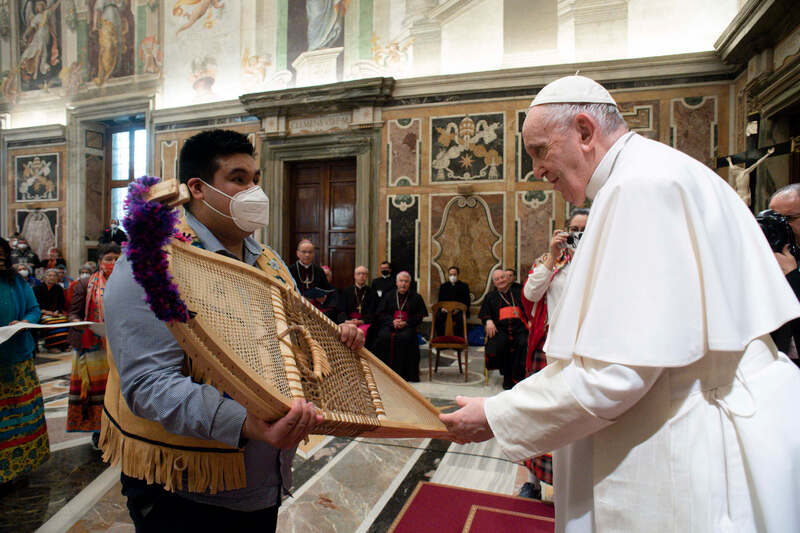
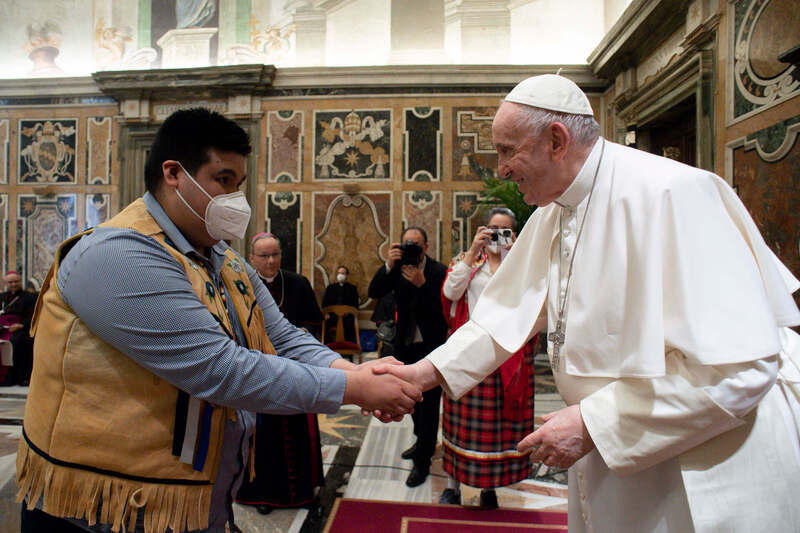
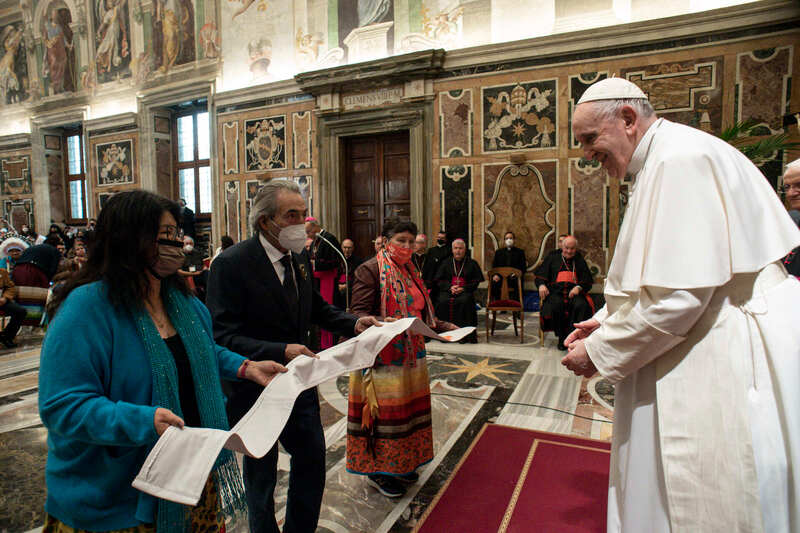
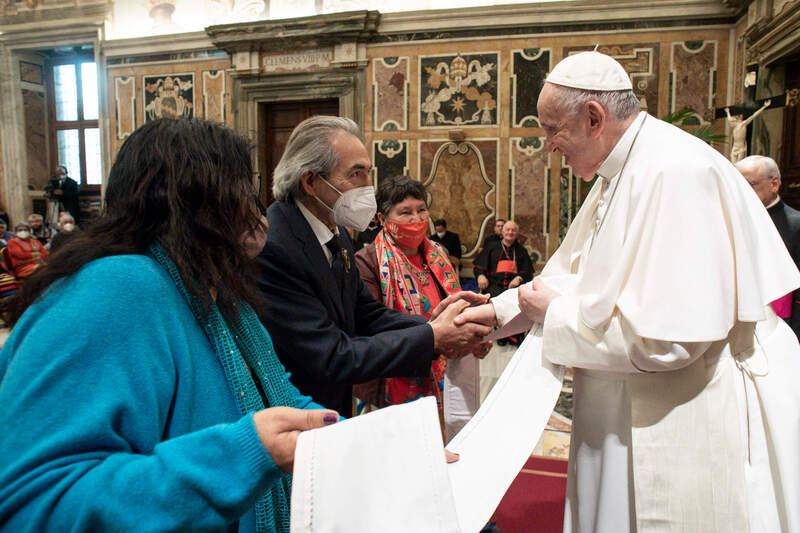
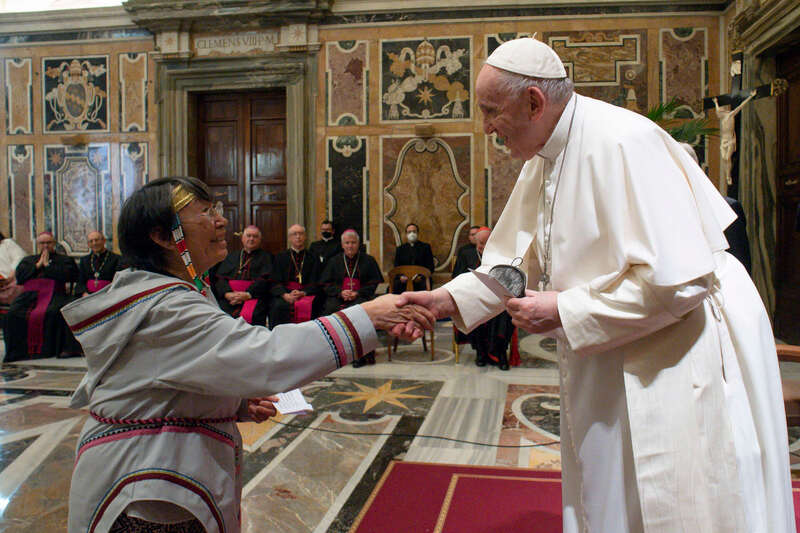
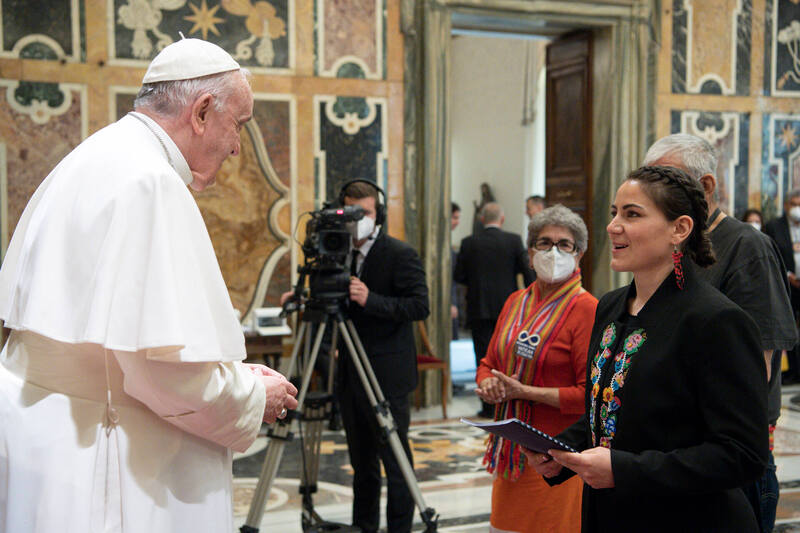
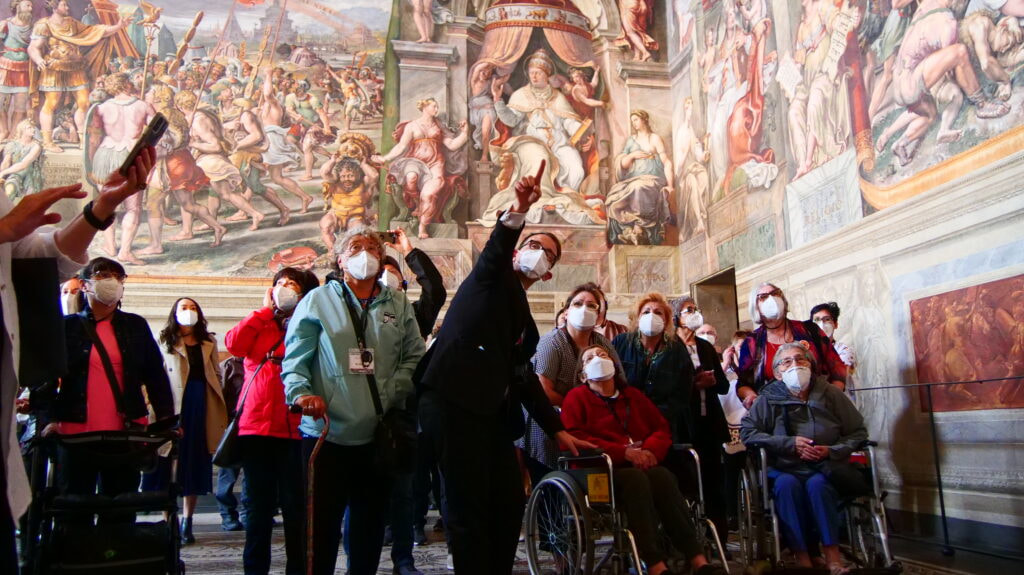
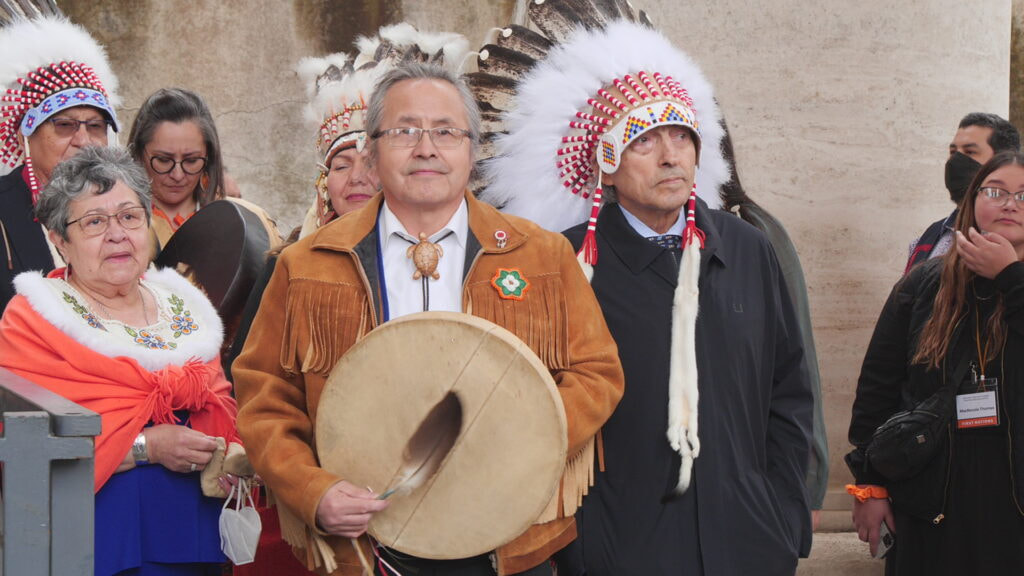
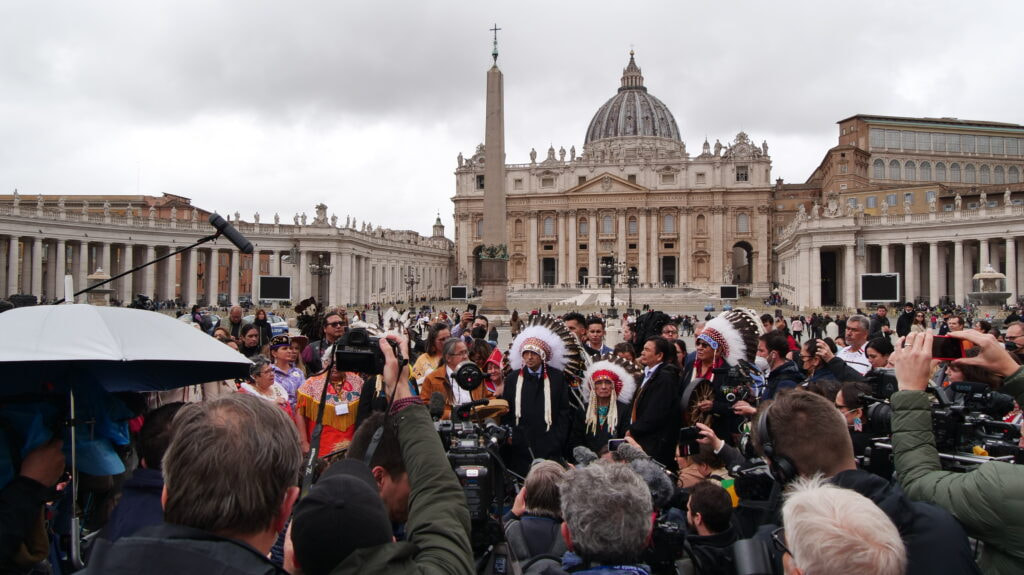
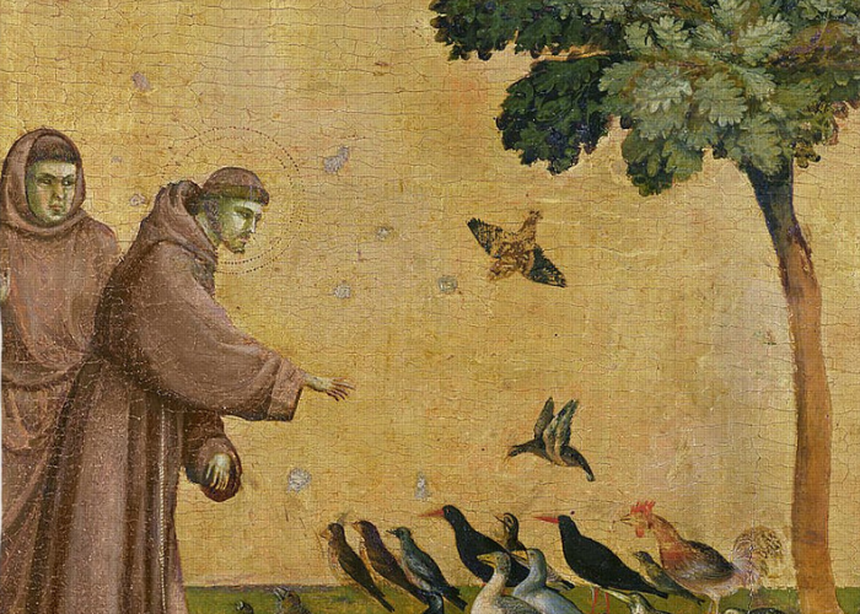
 RSS Feed
RSS Feed